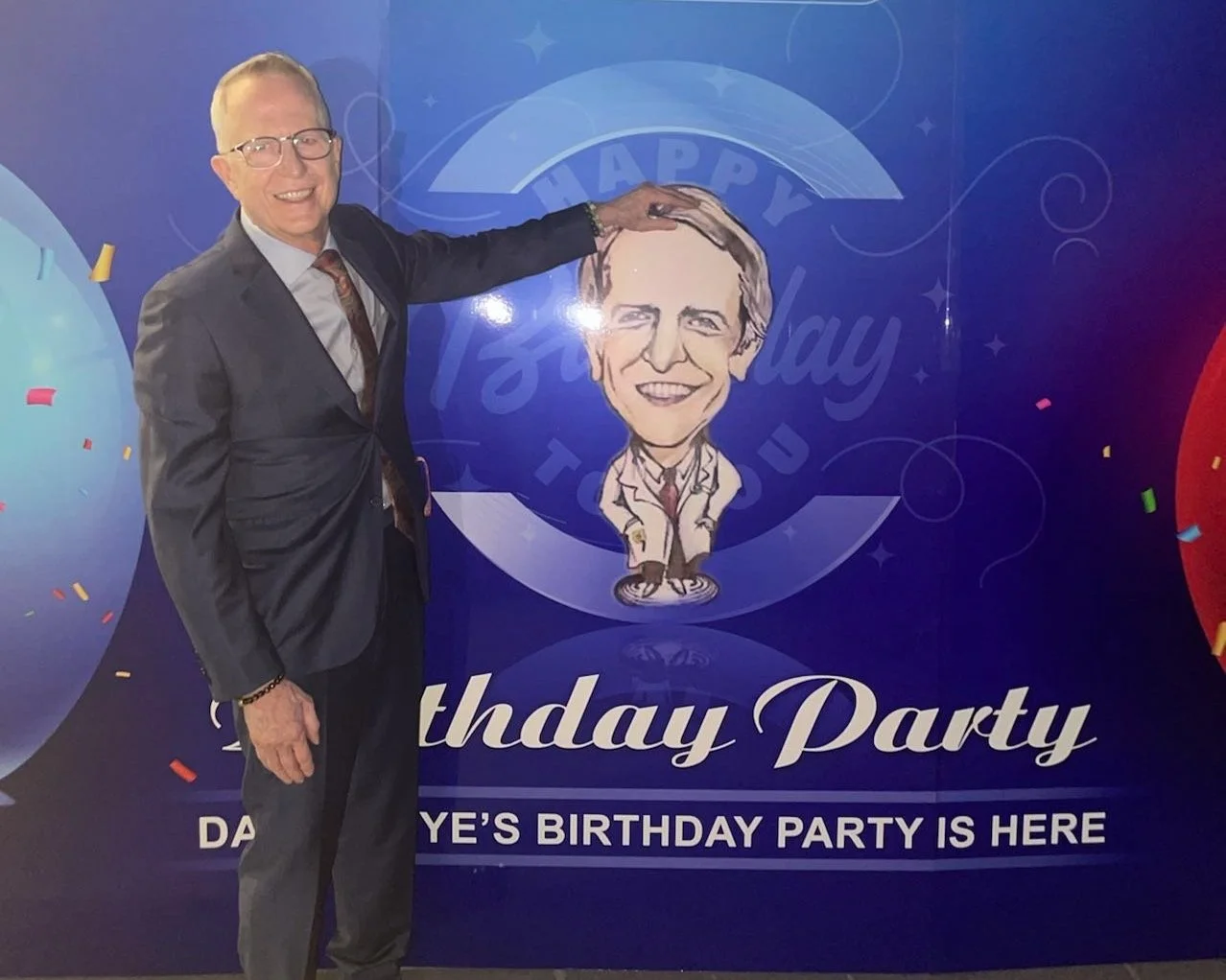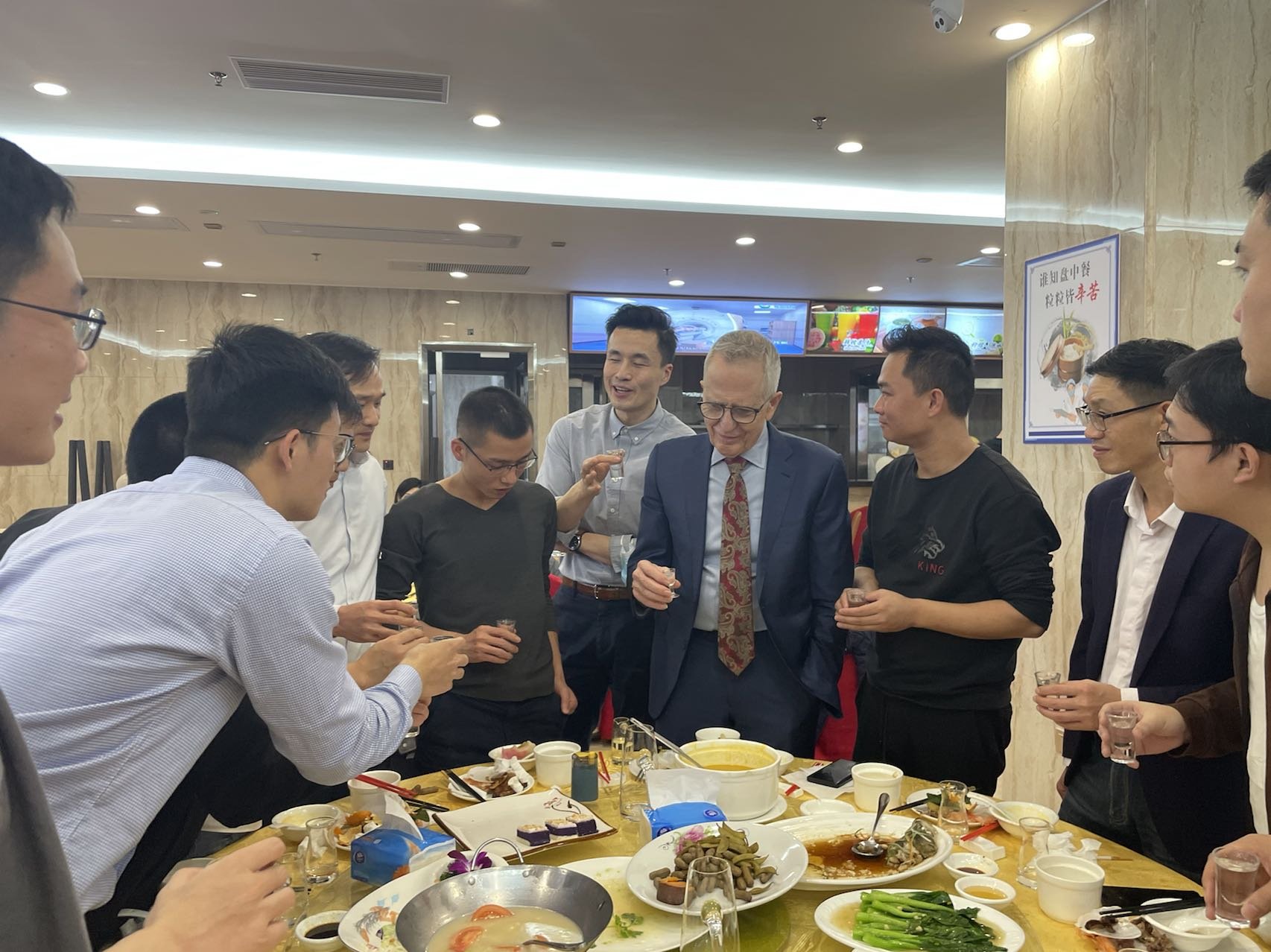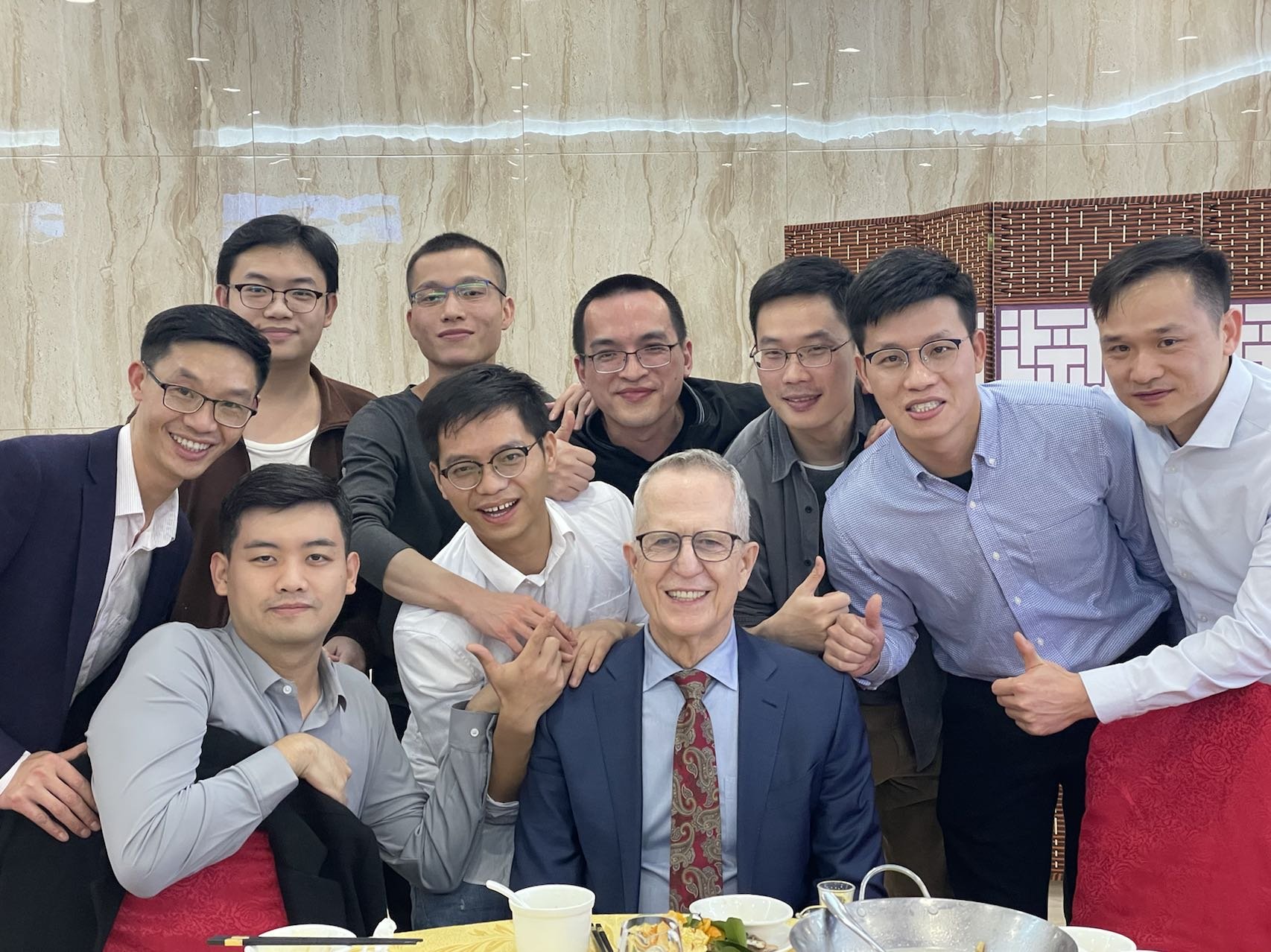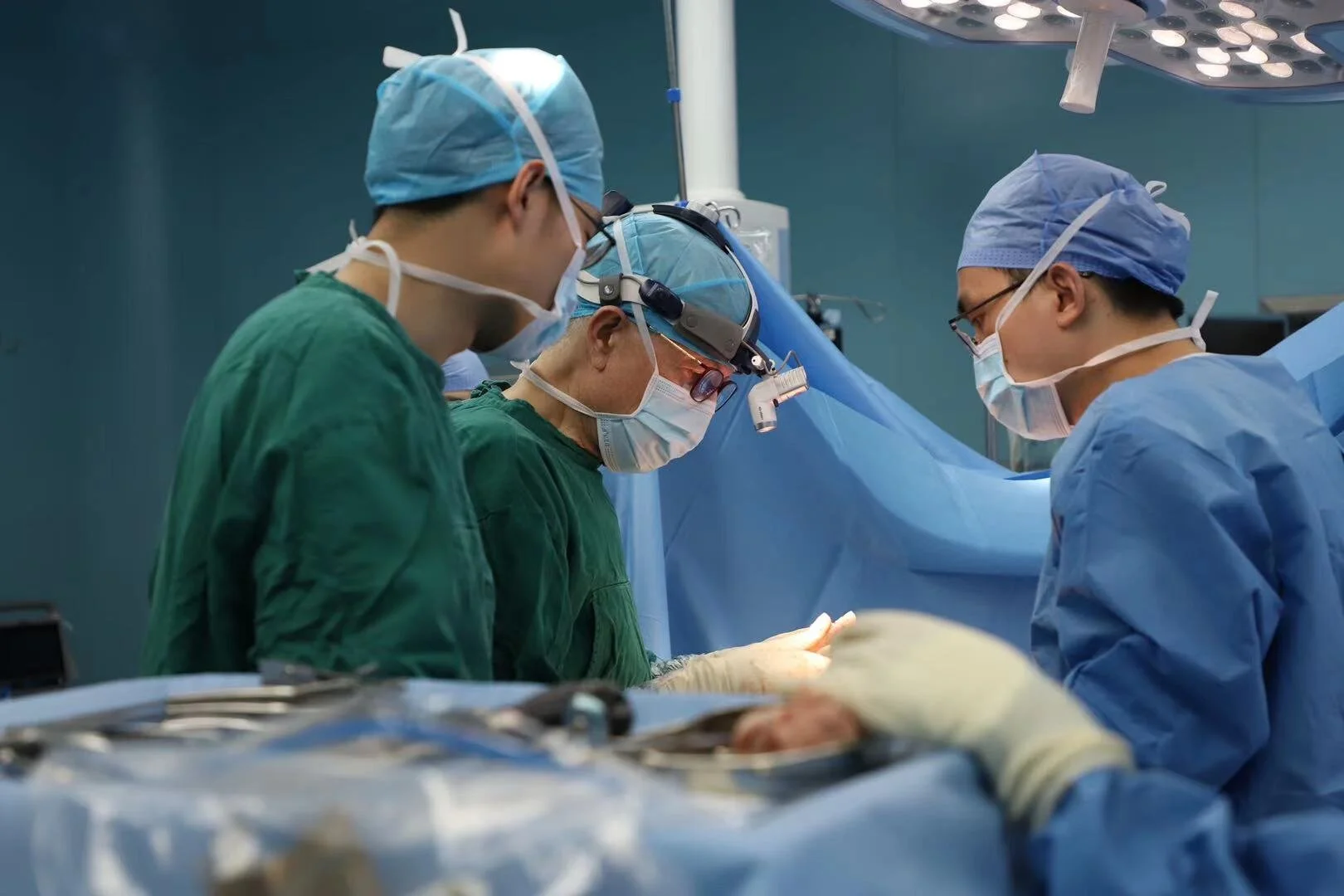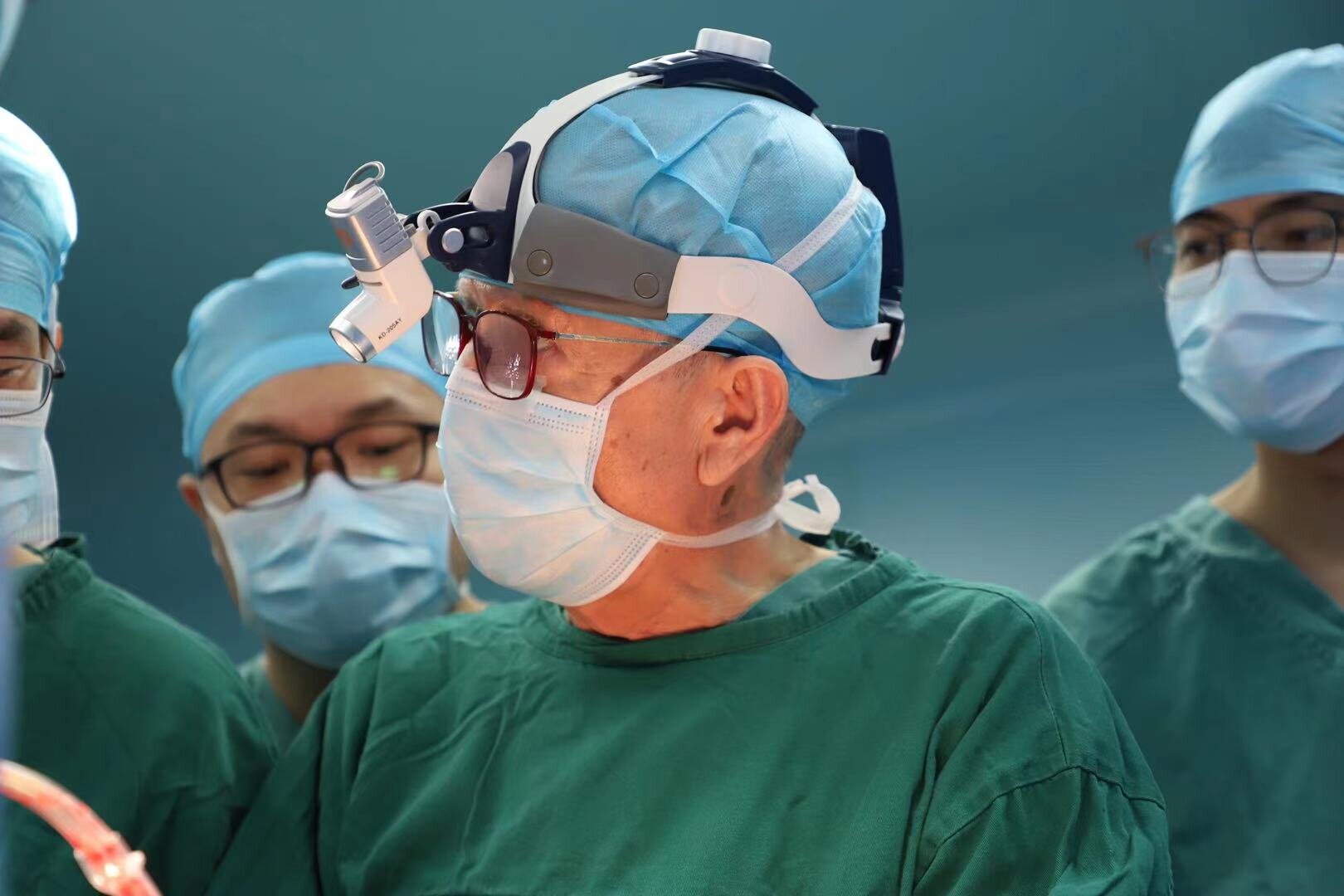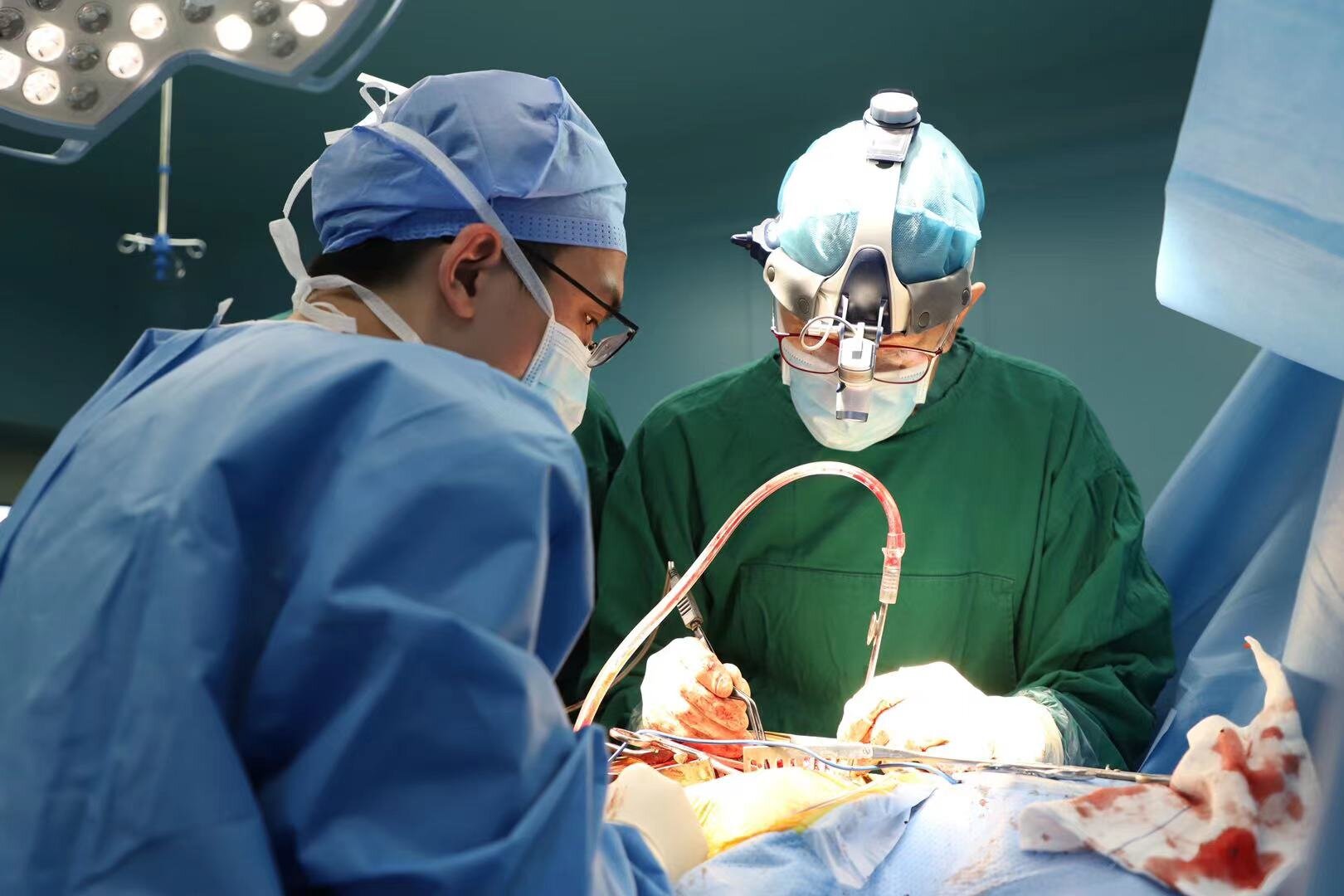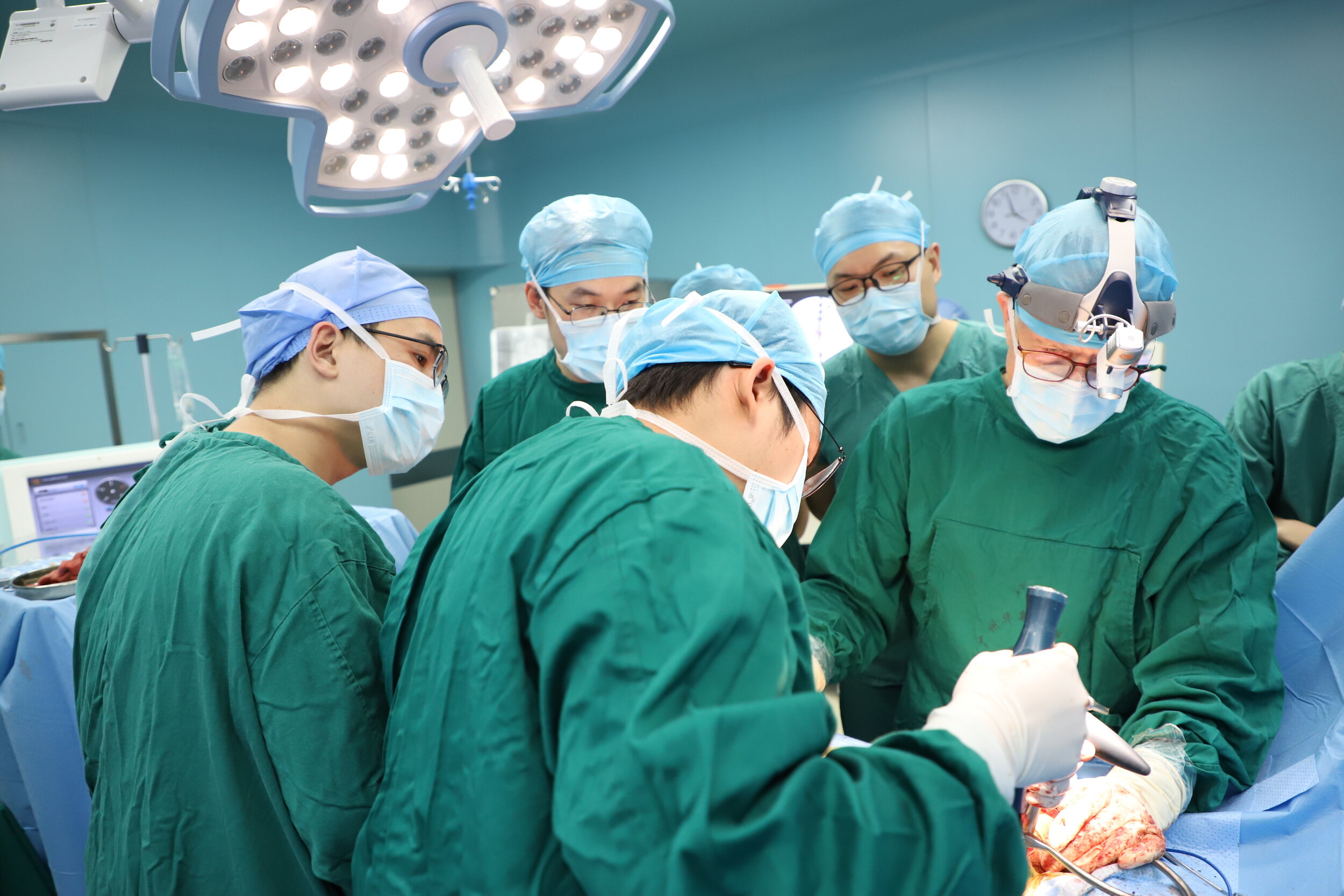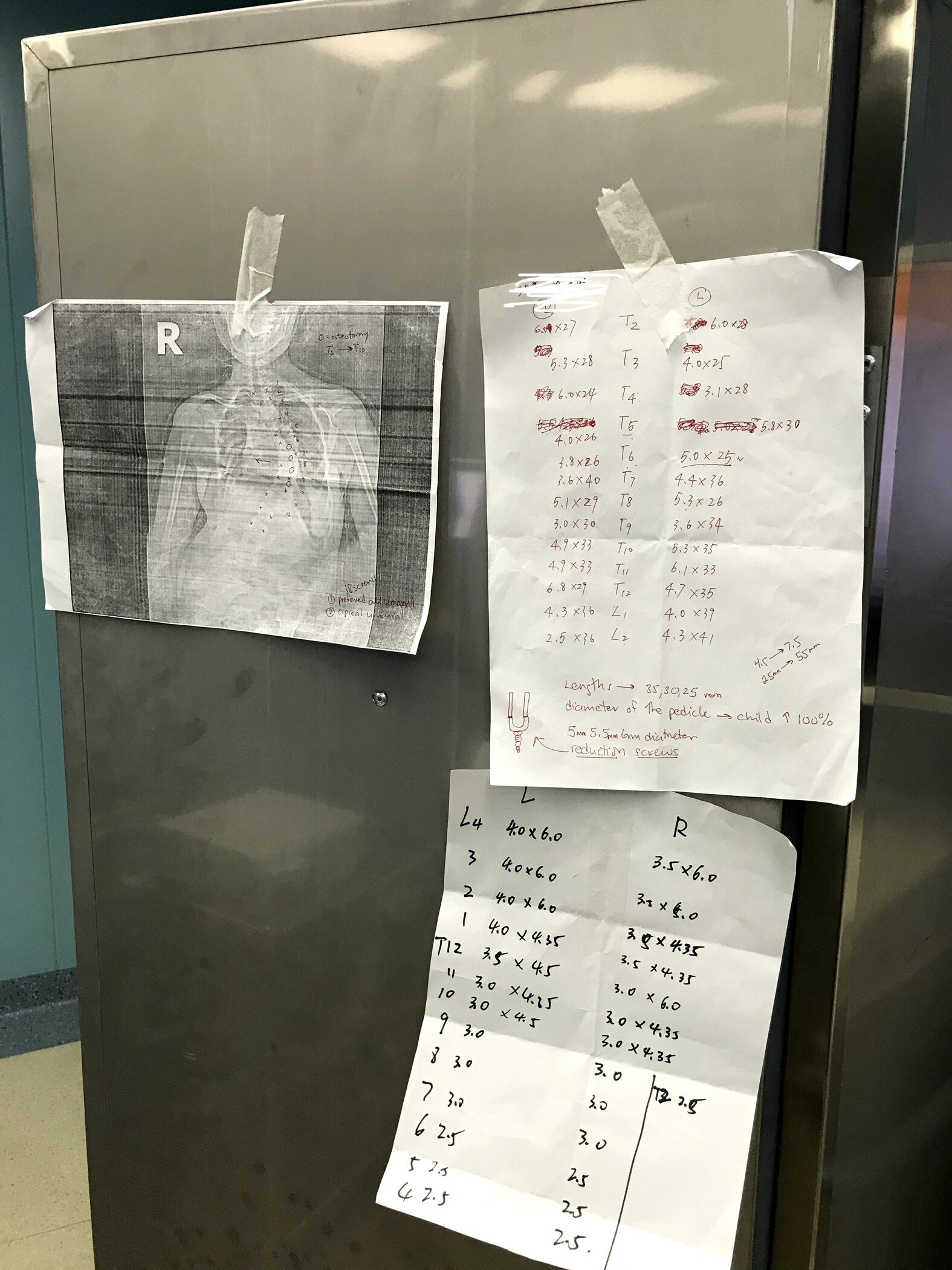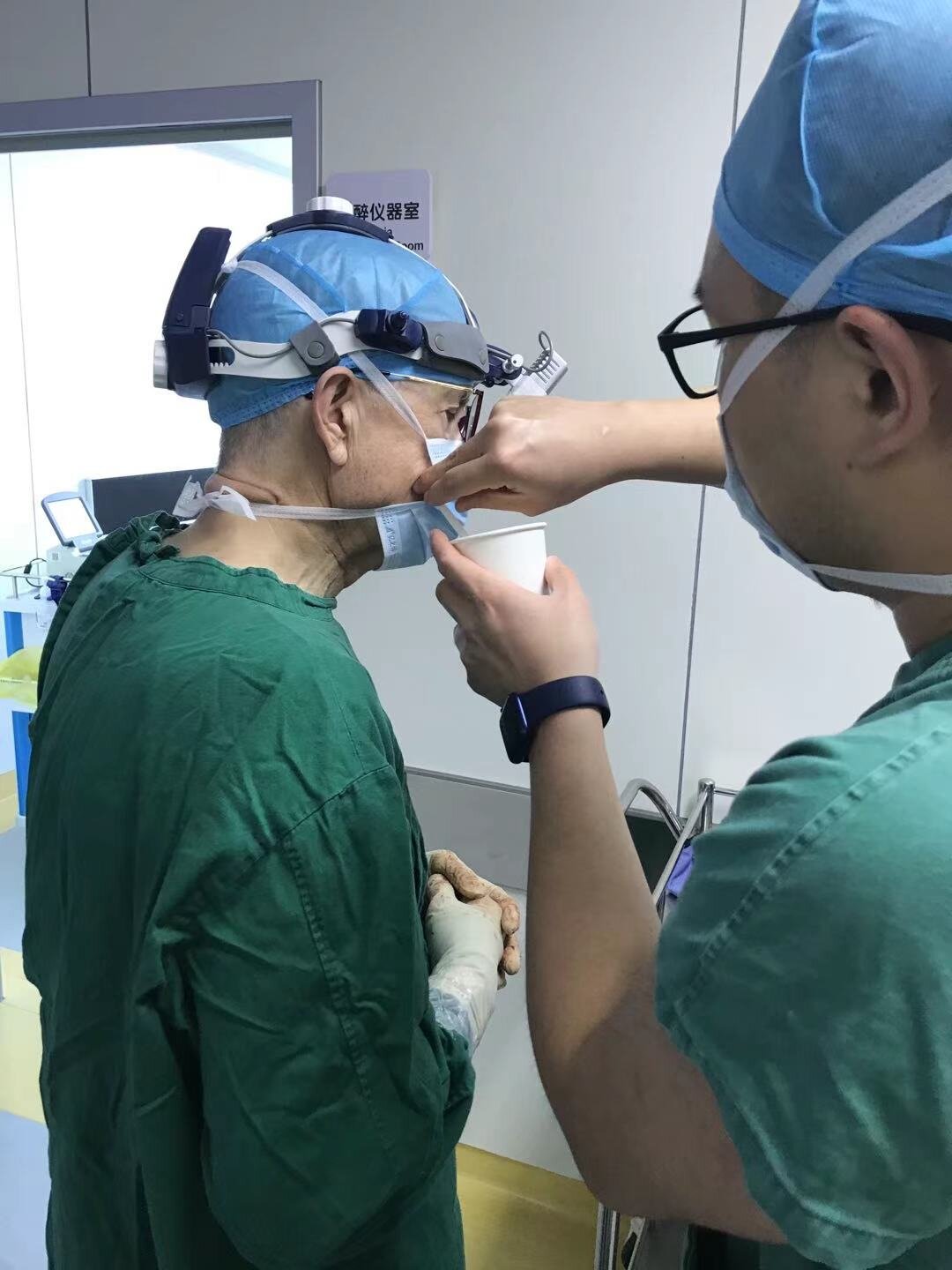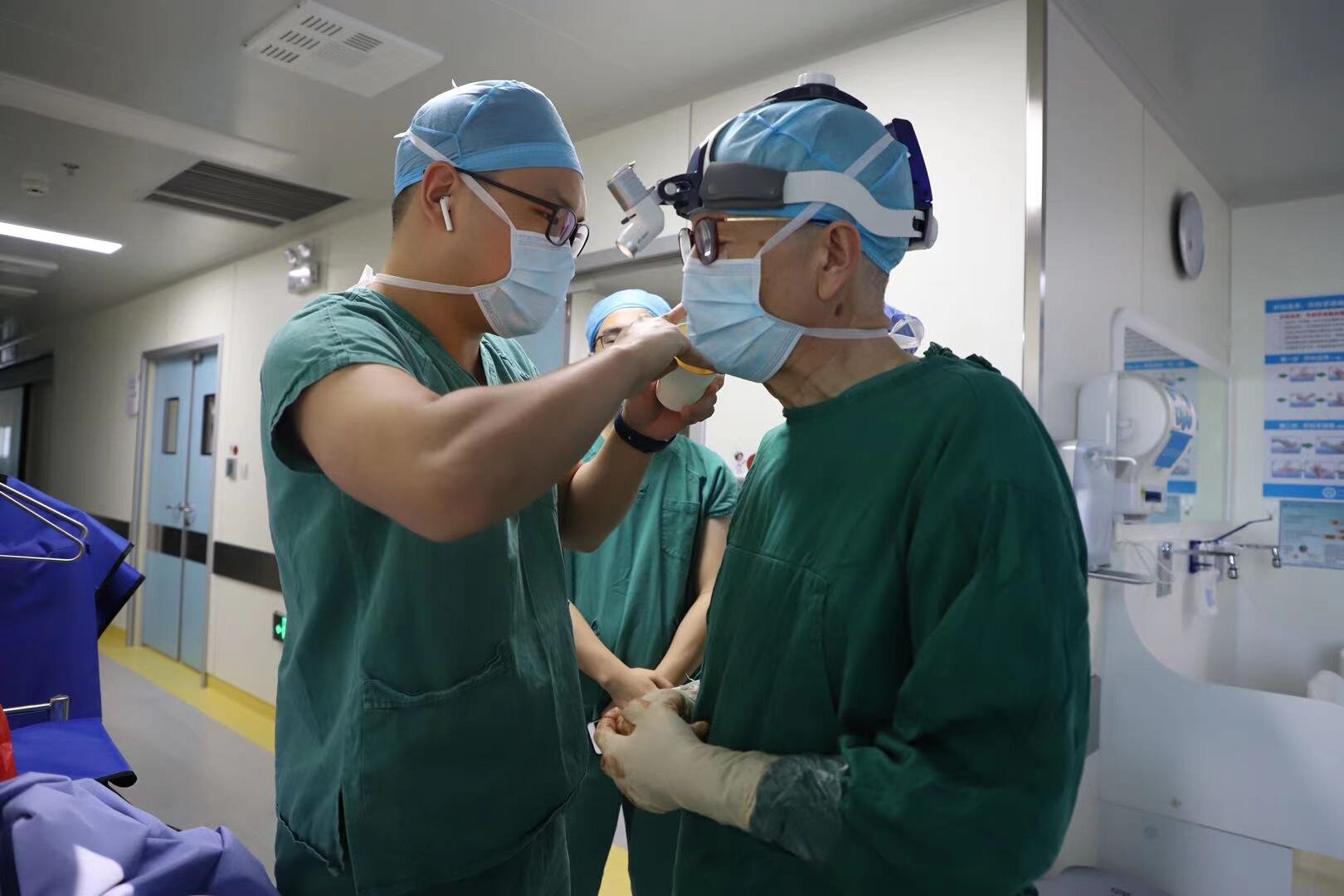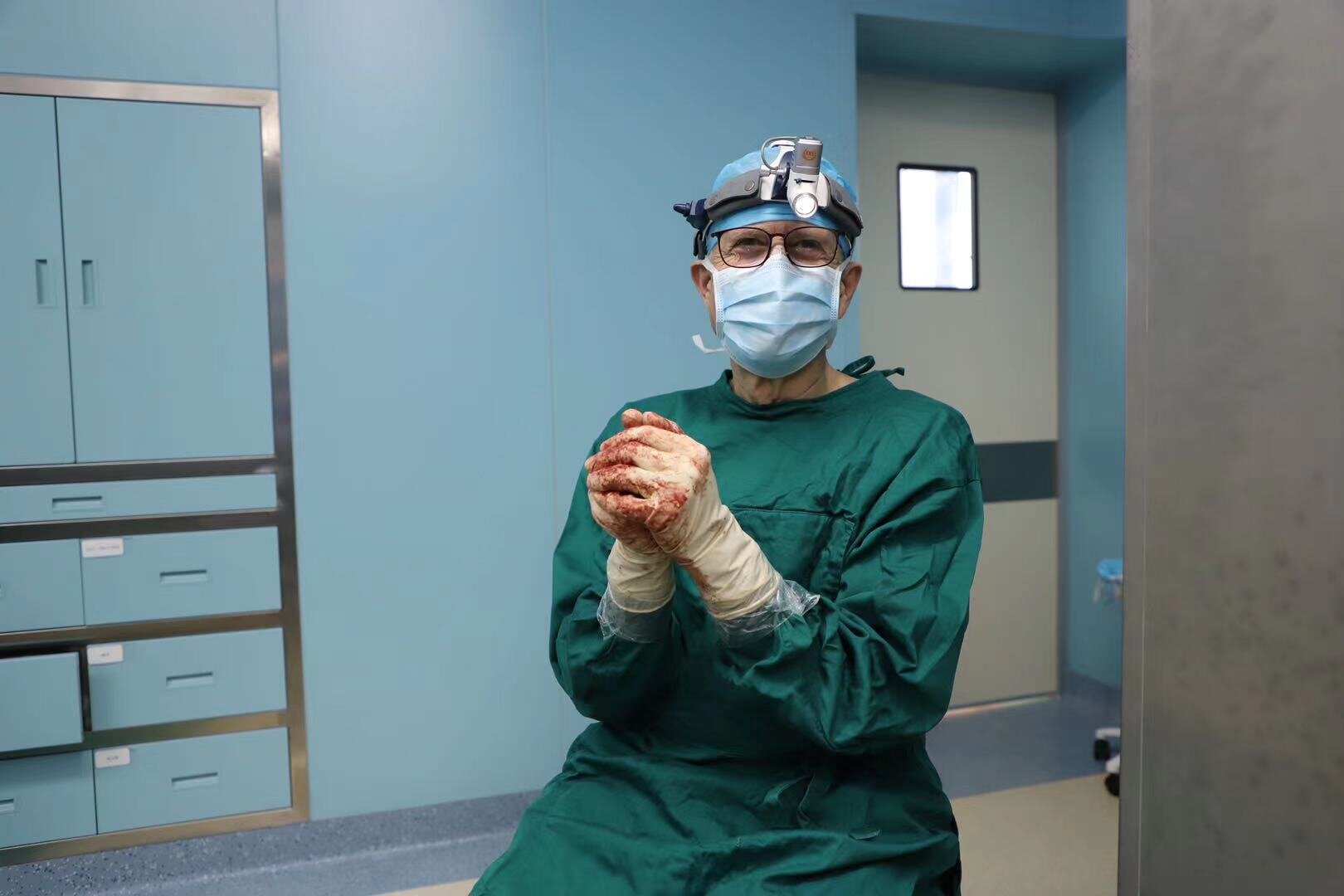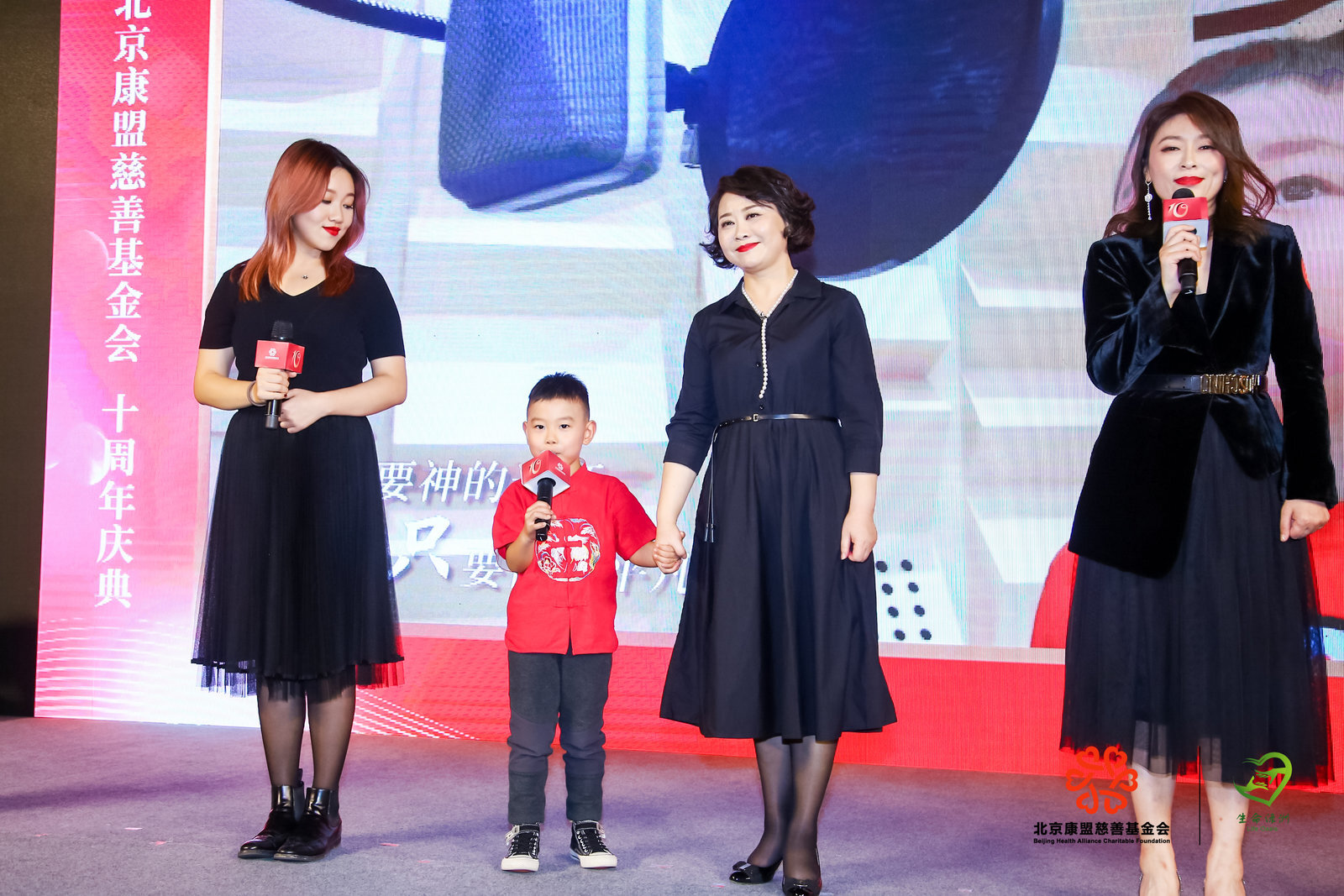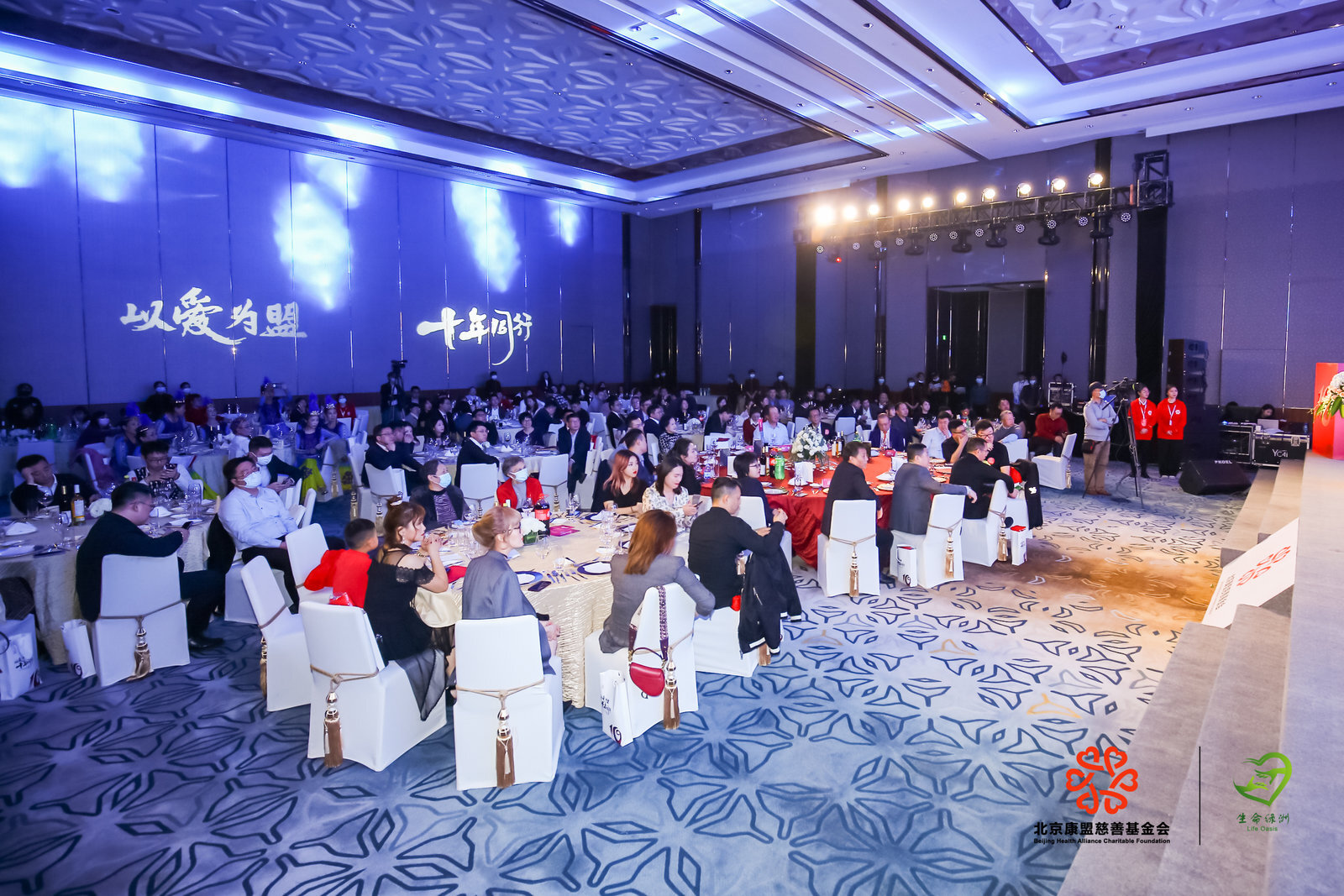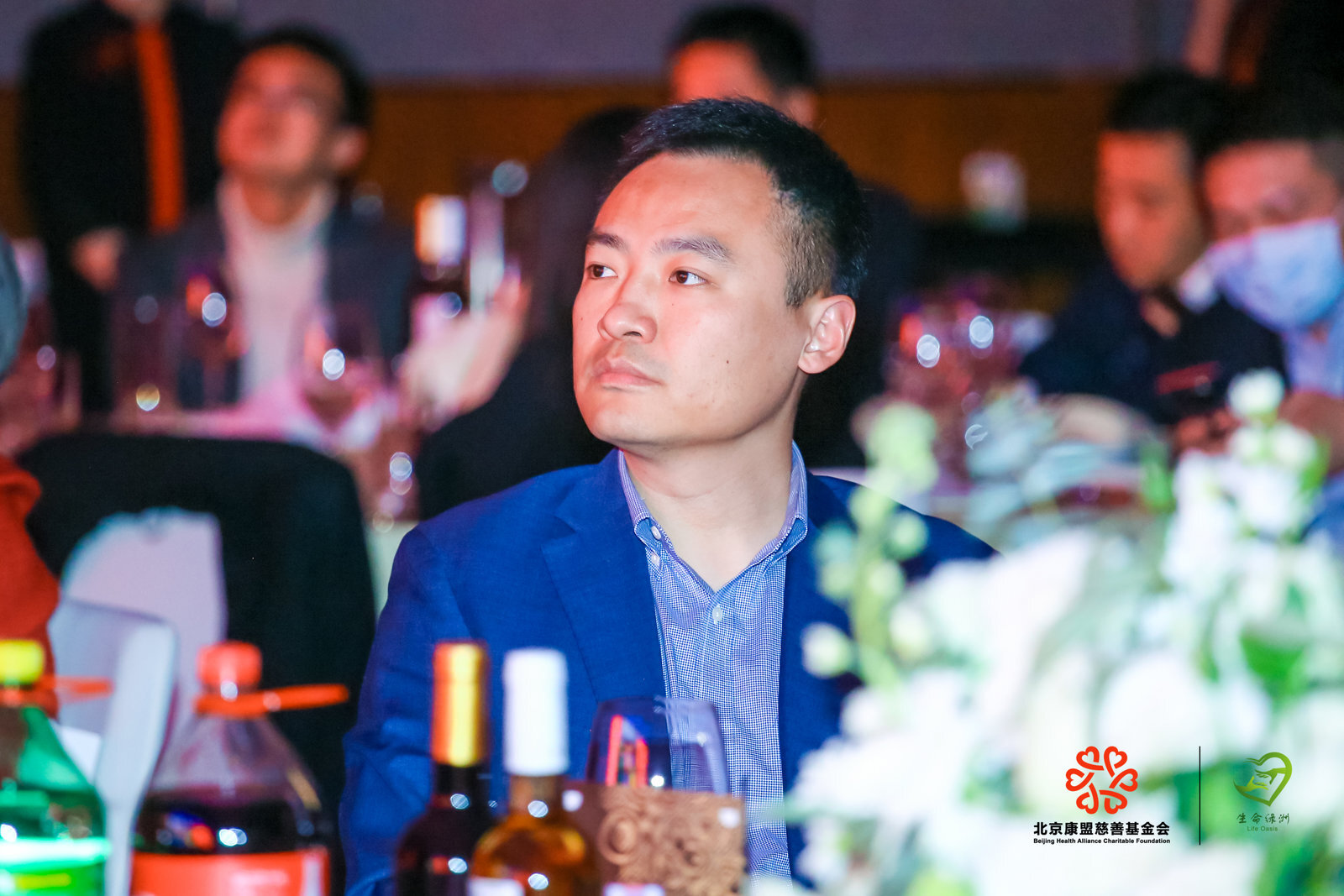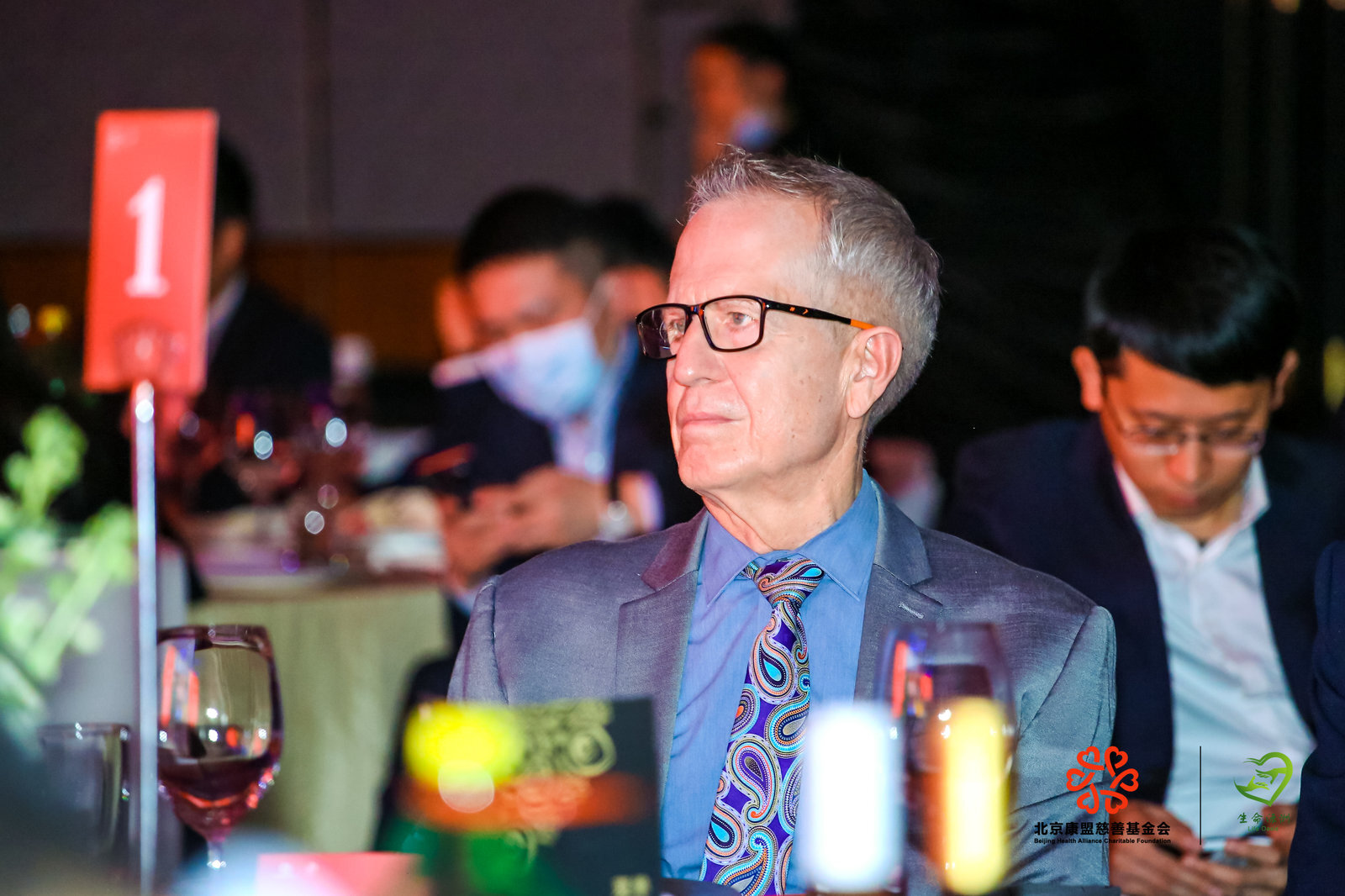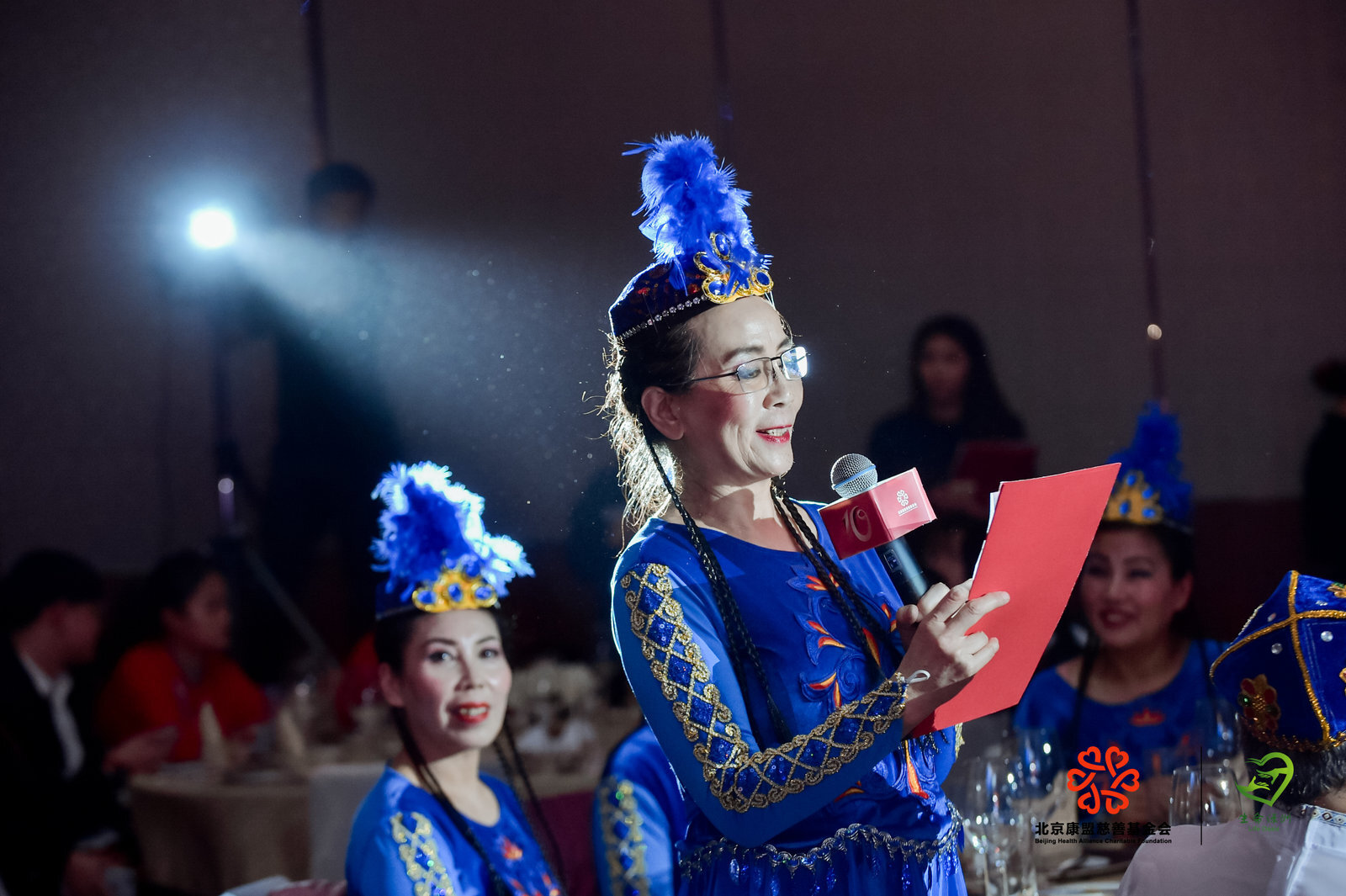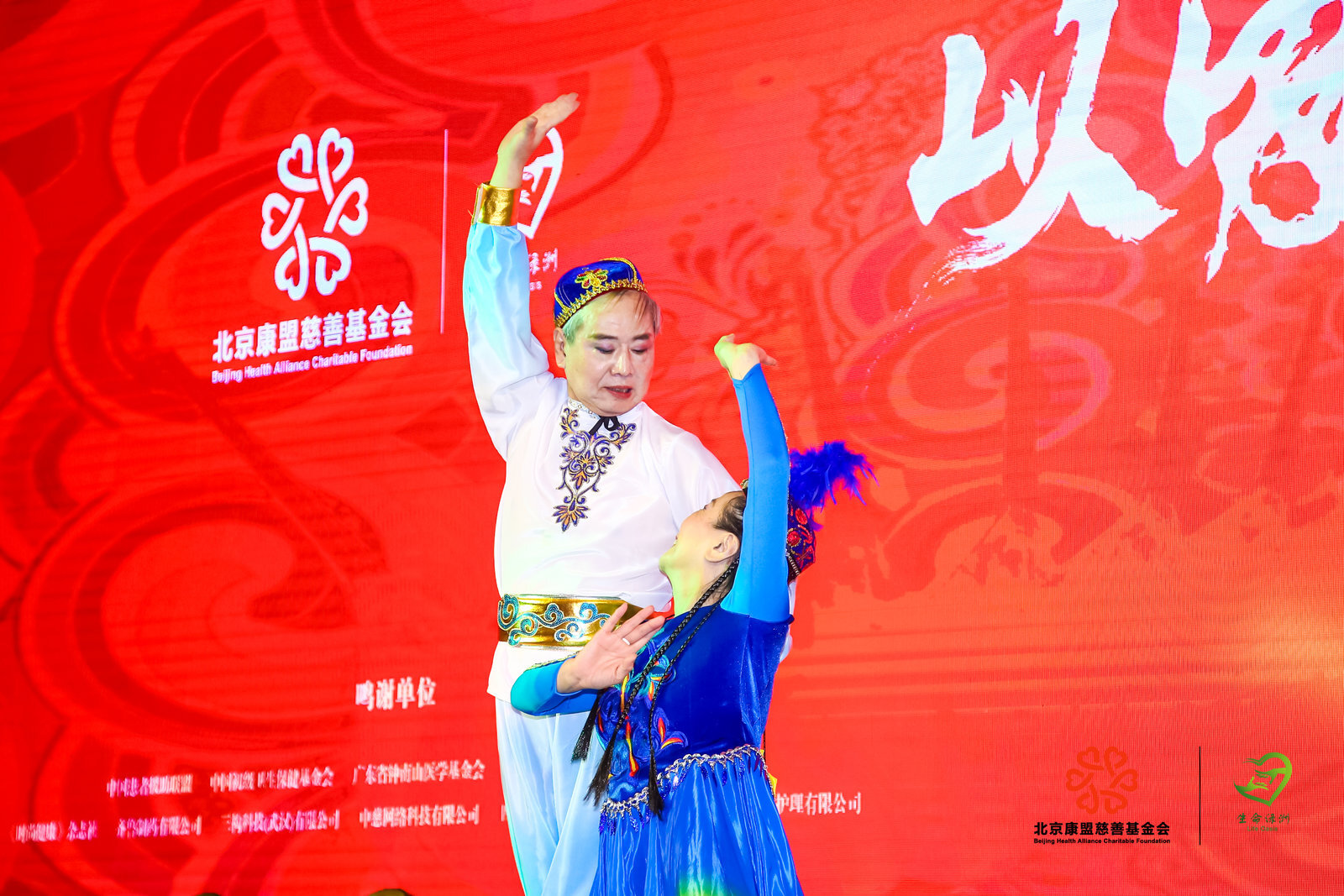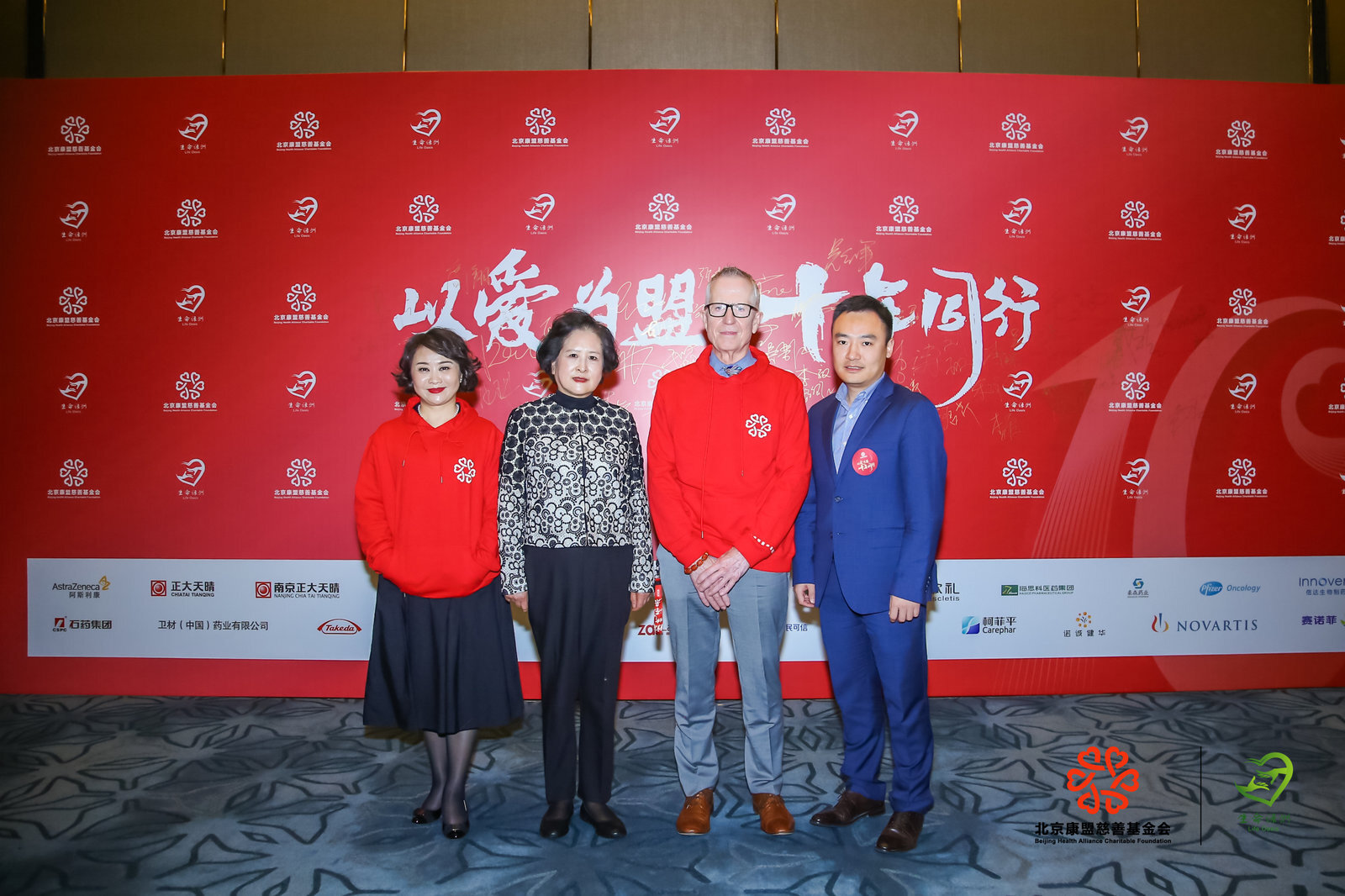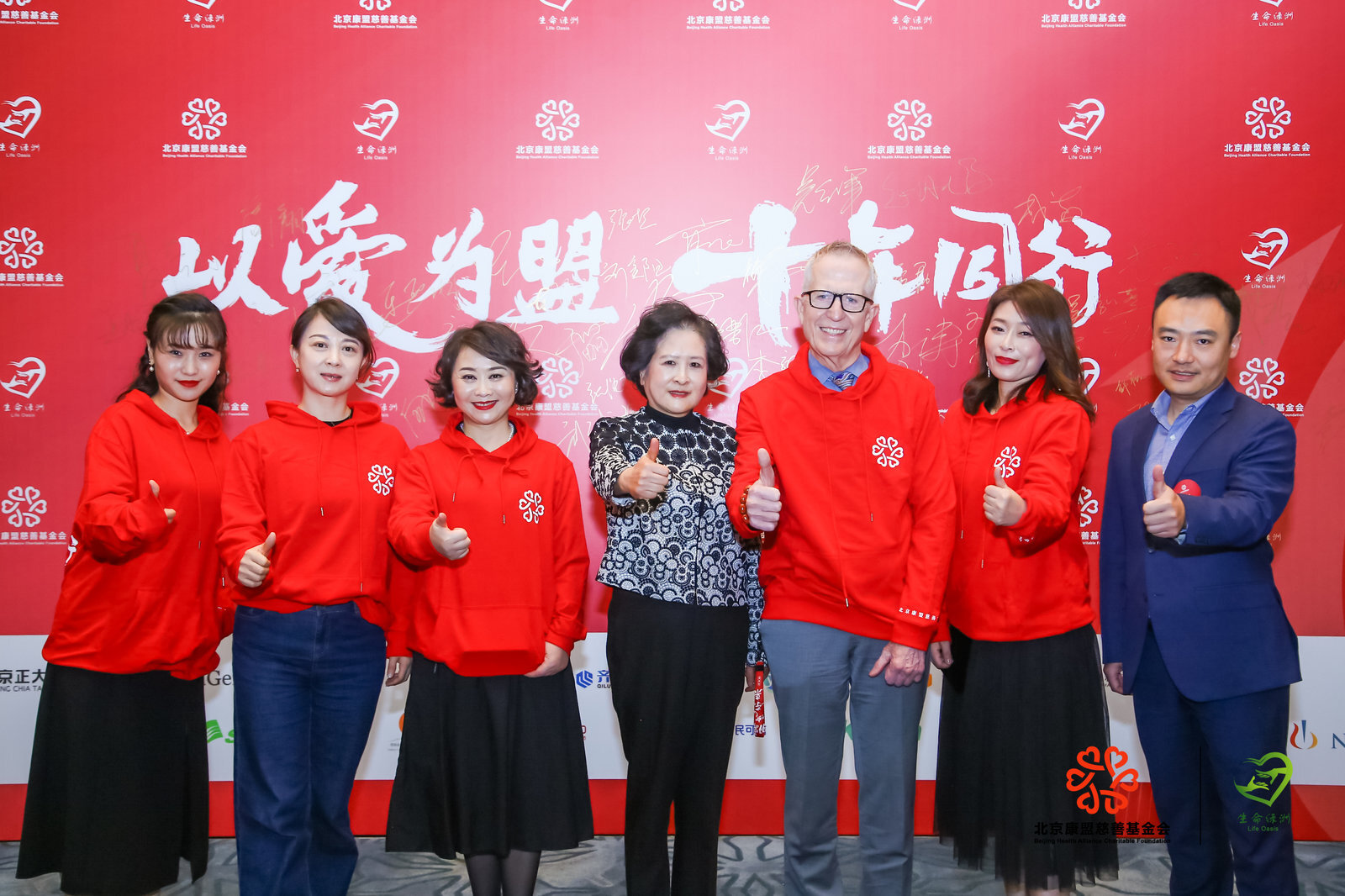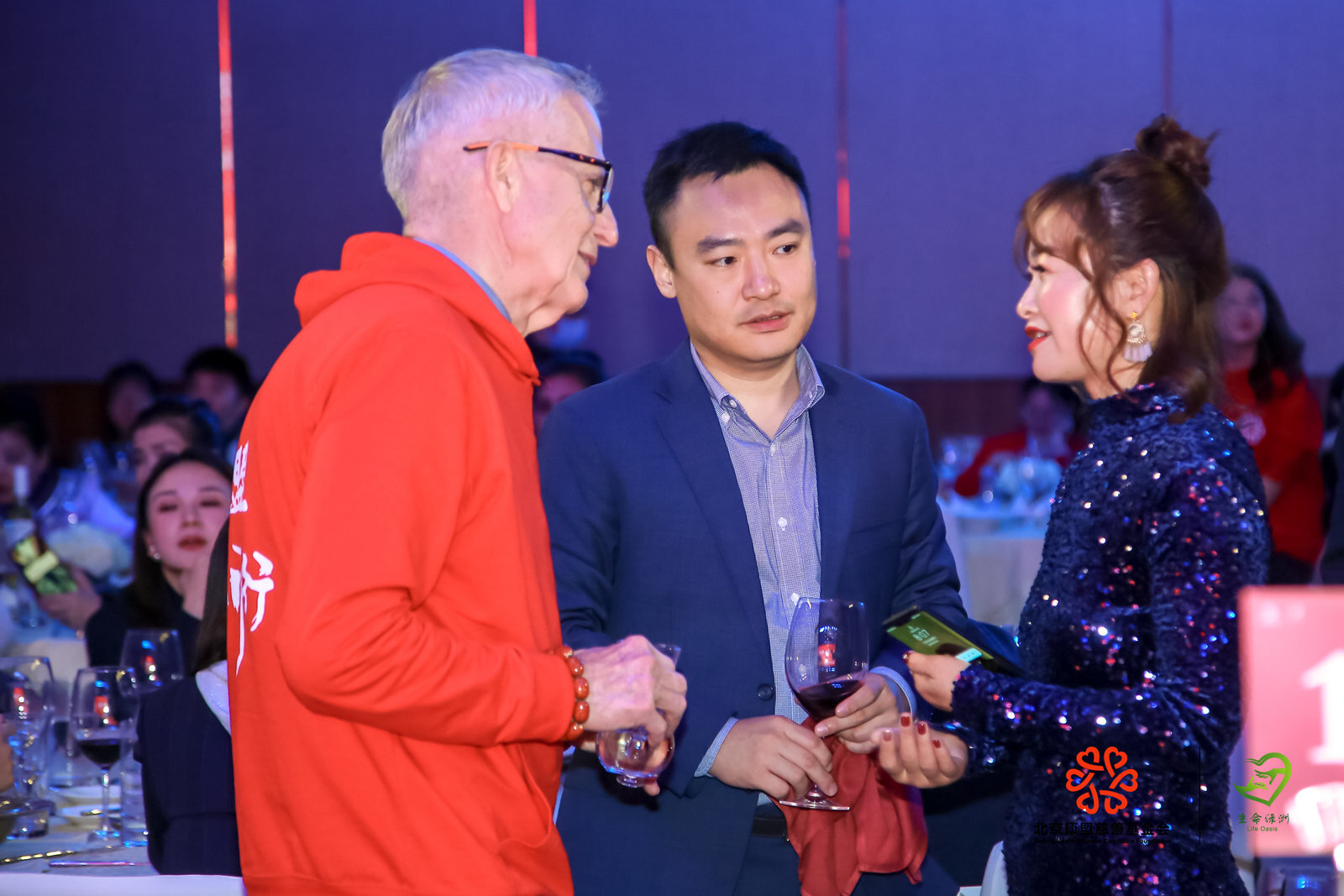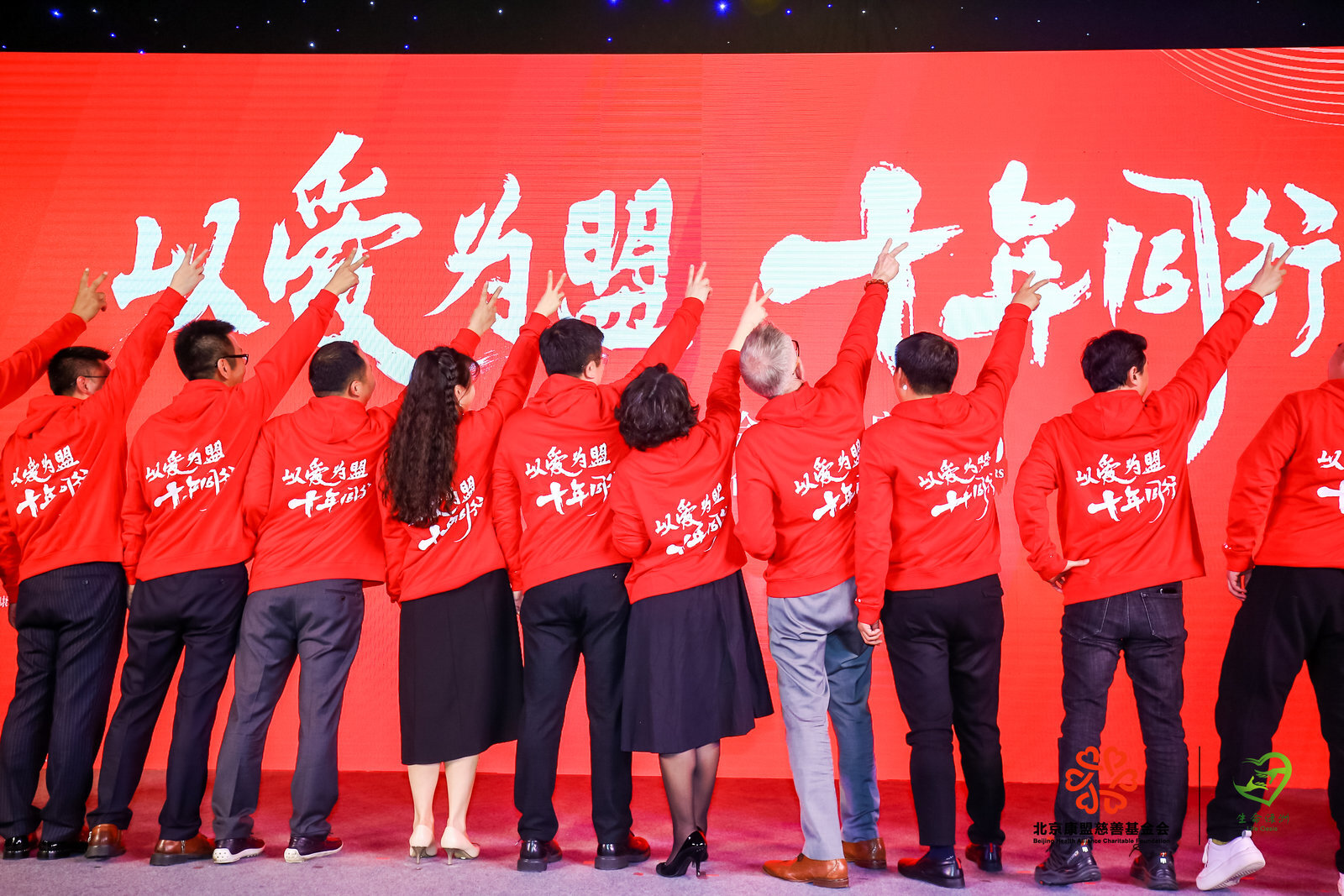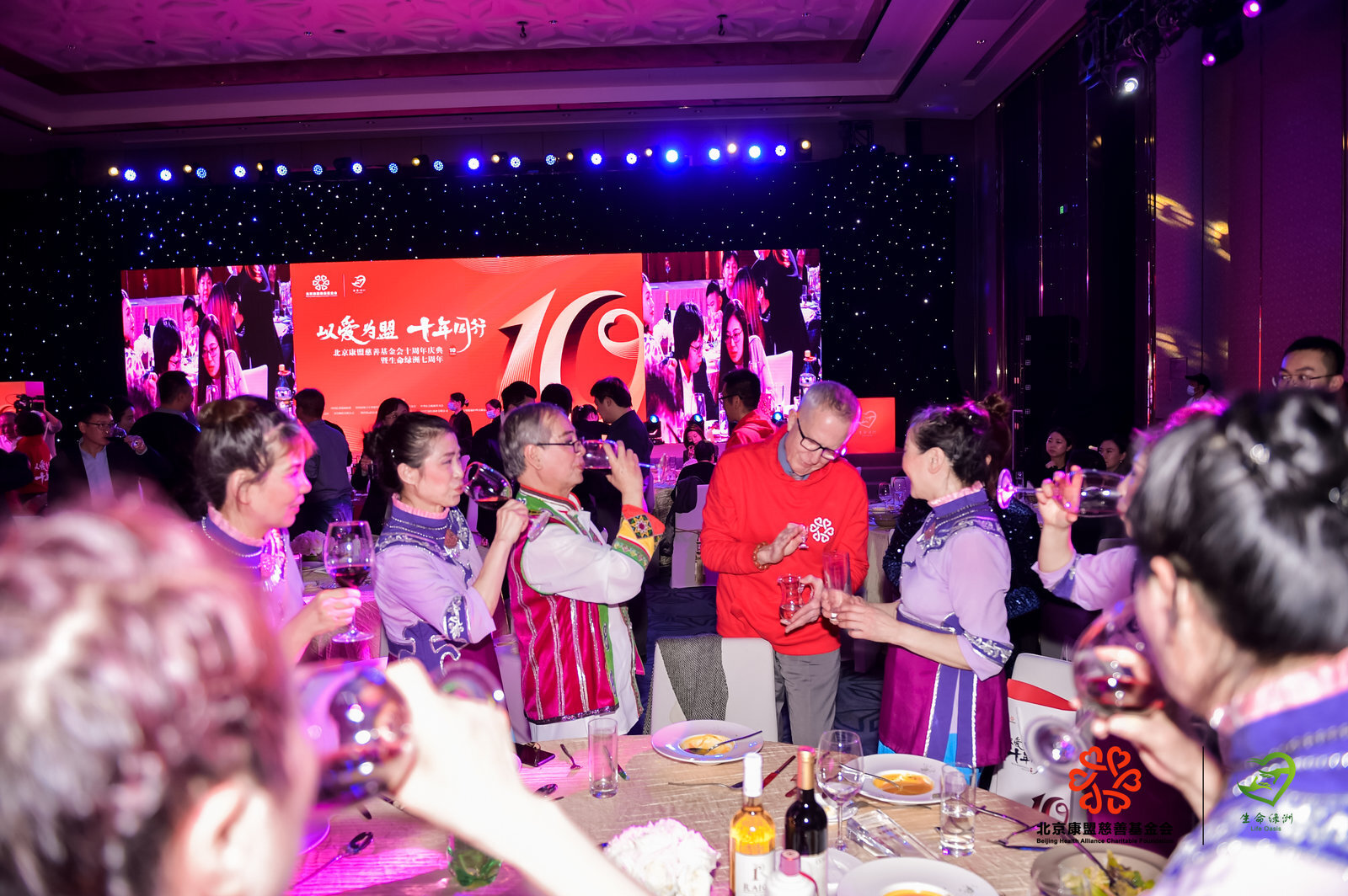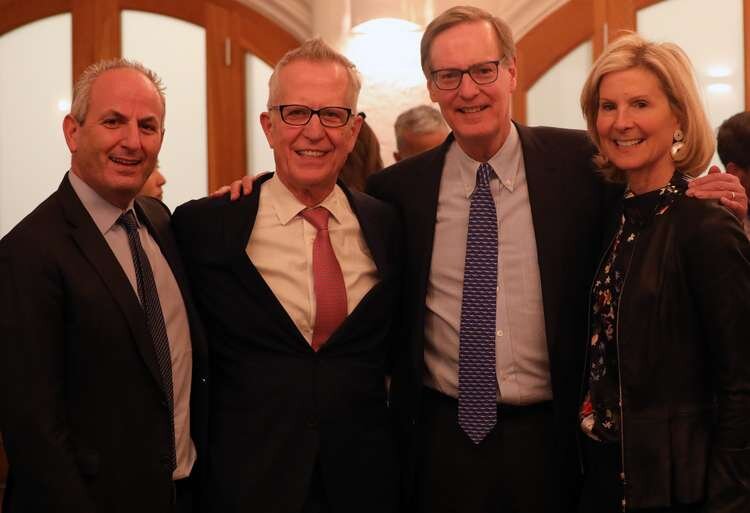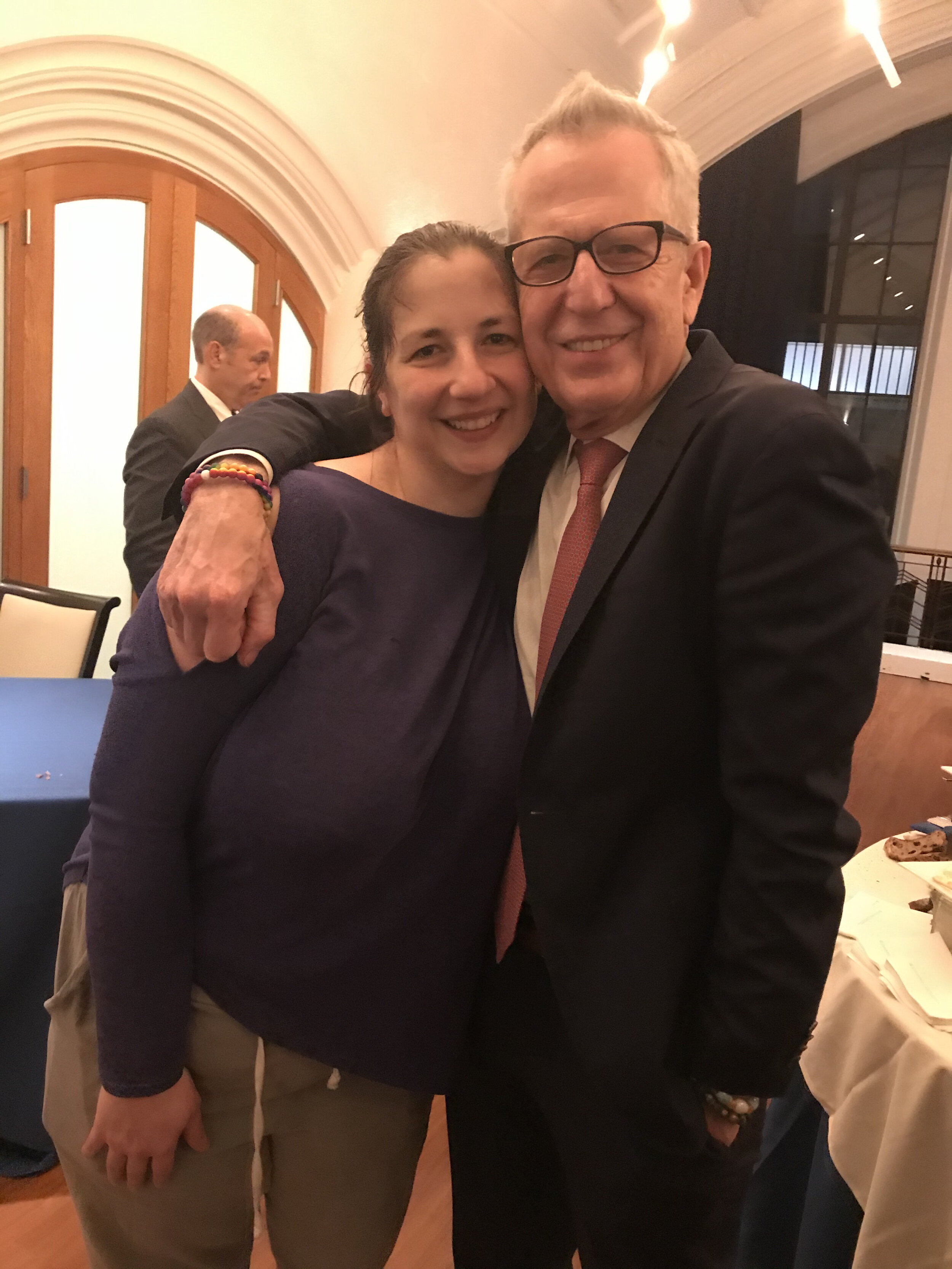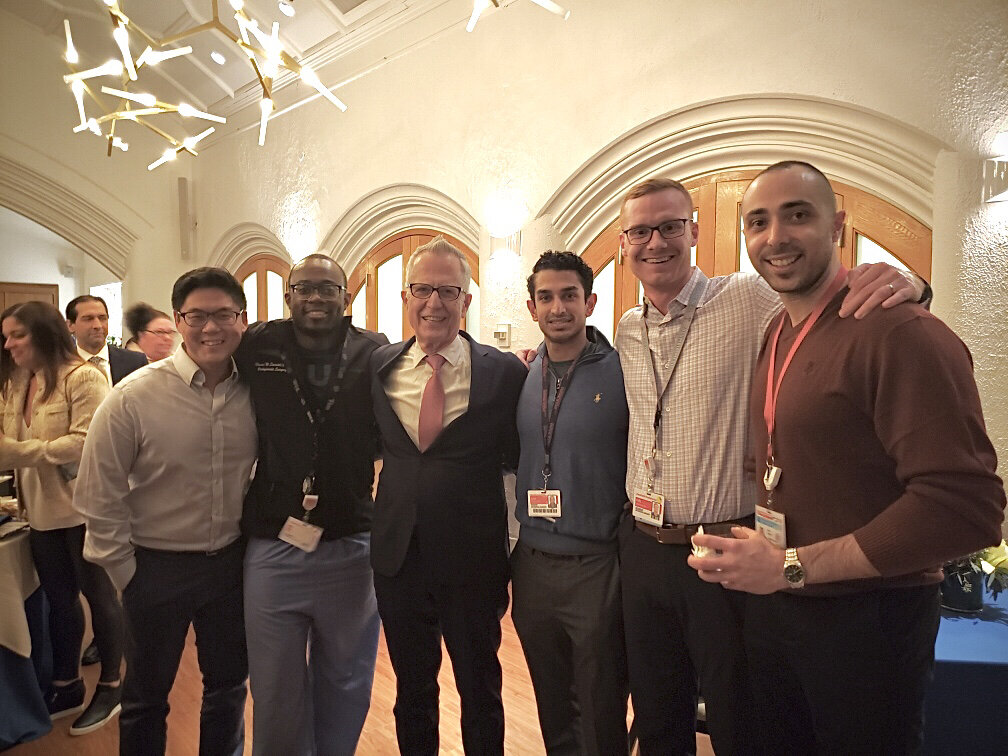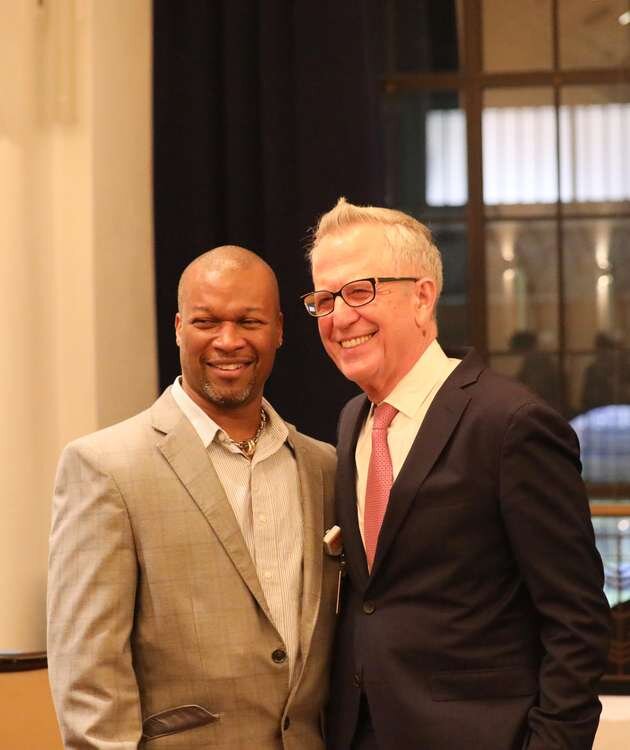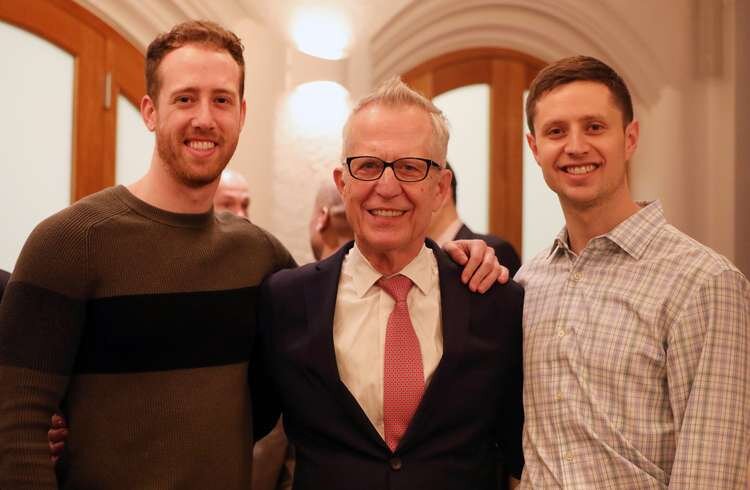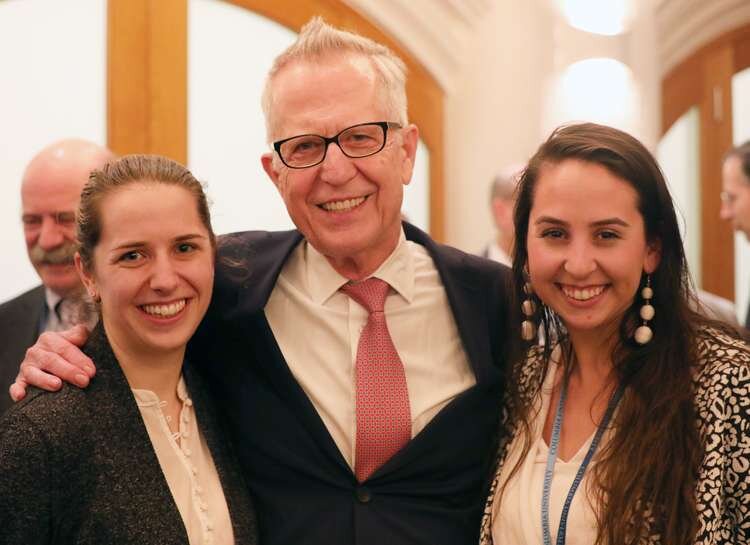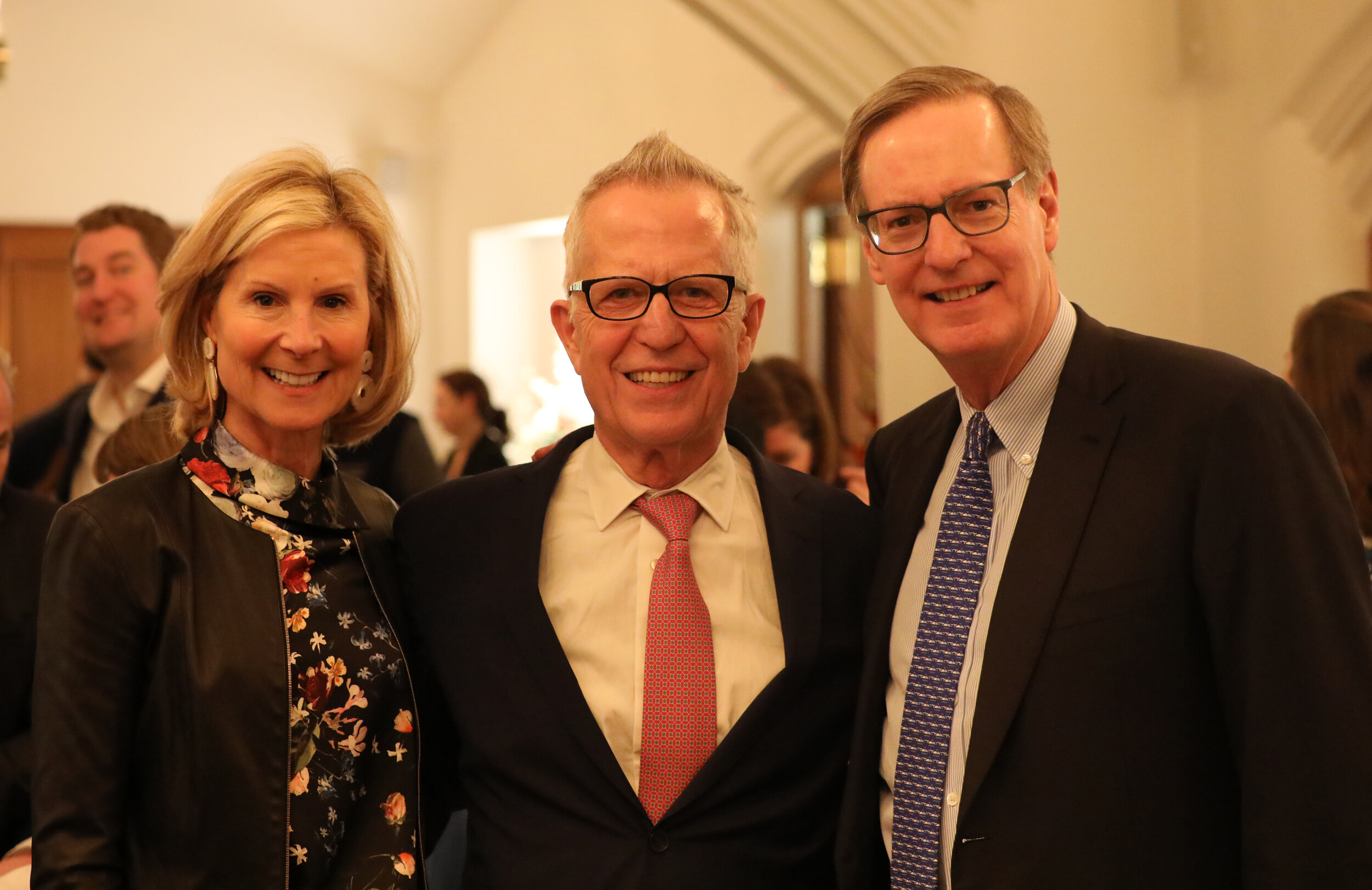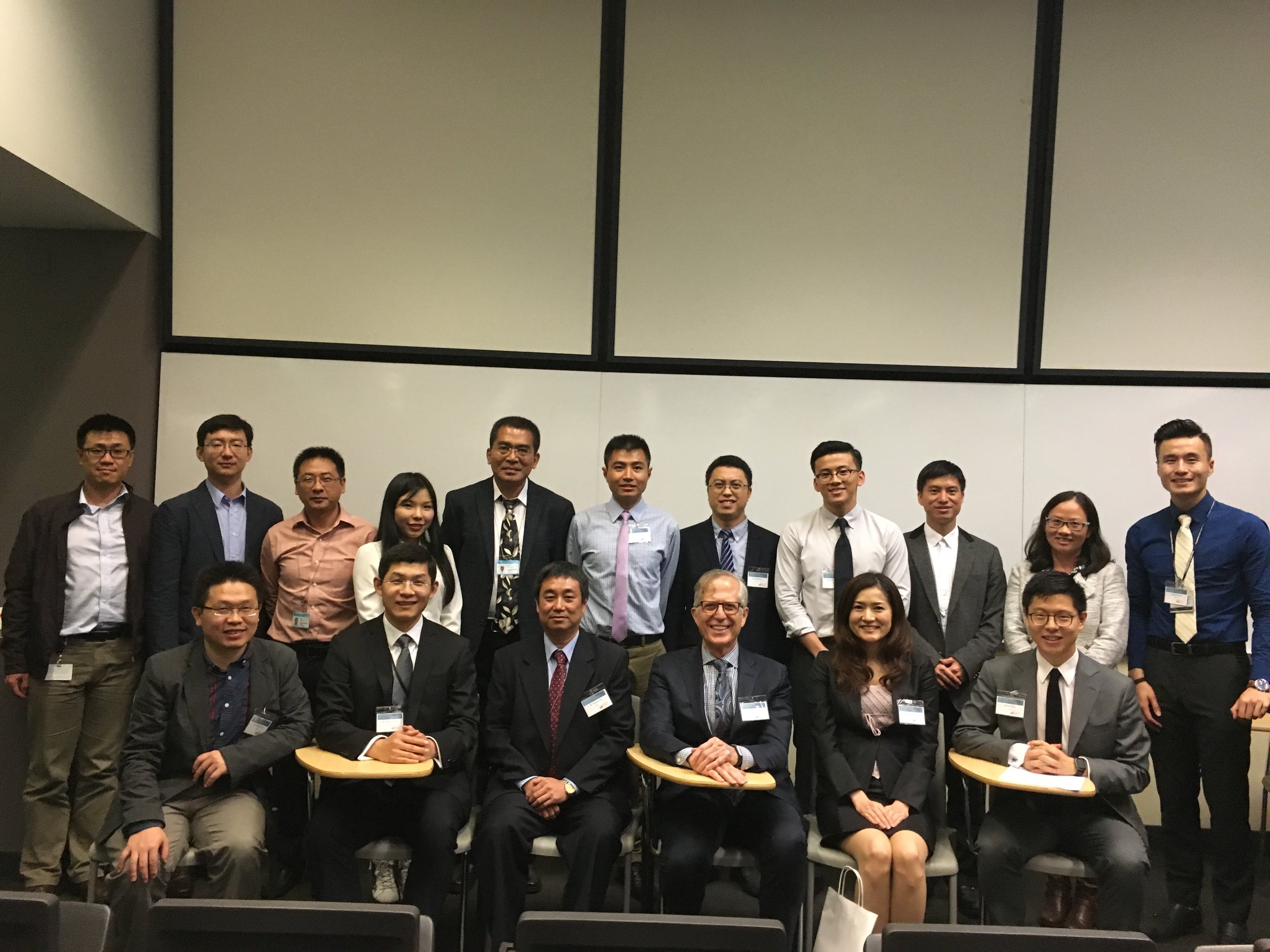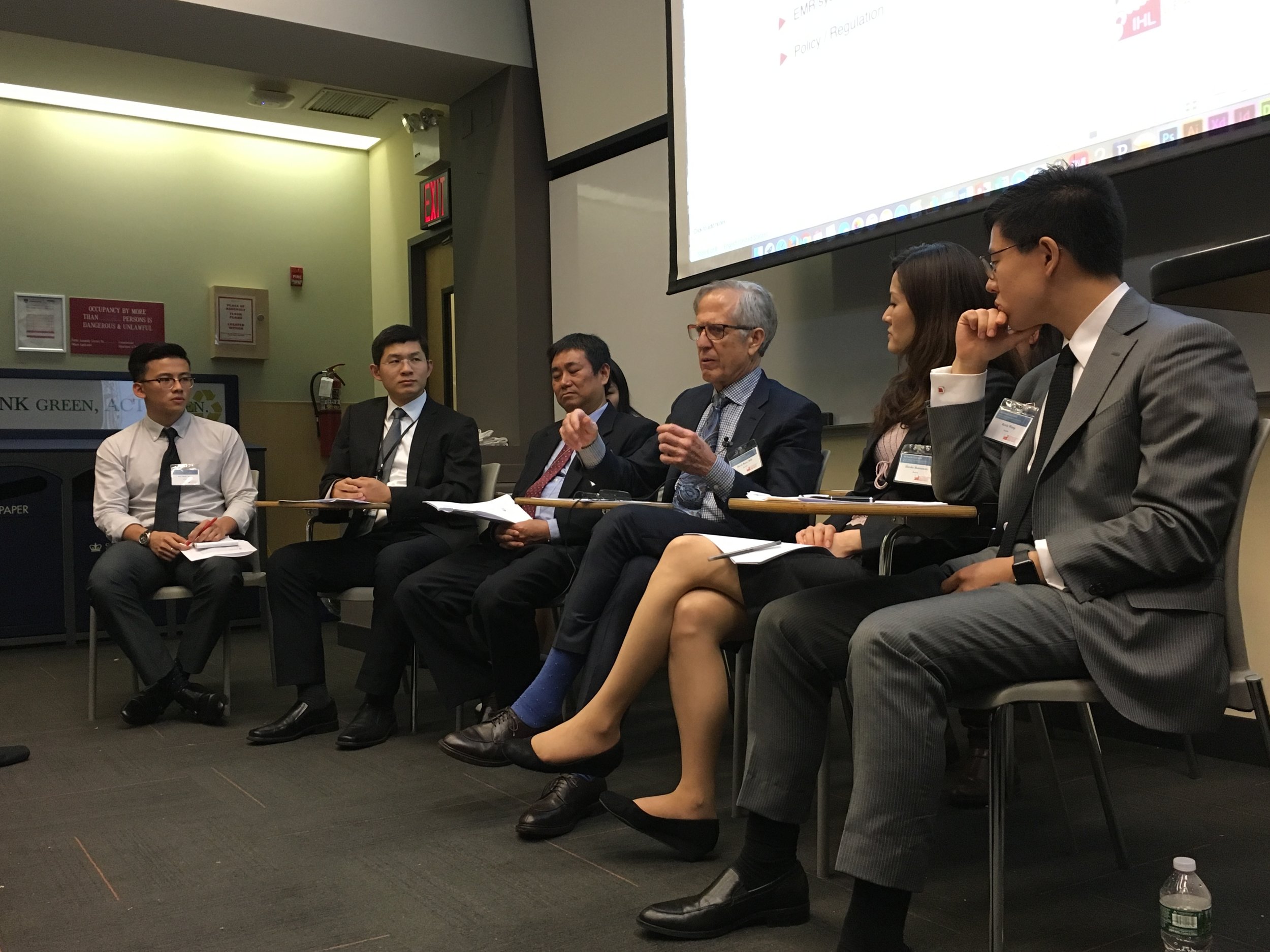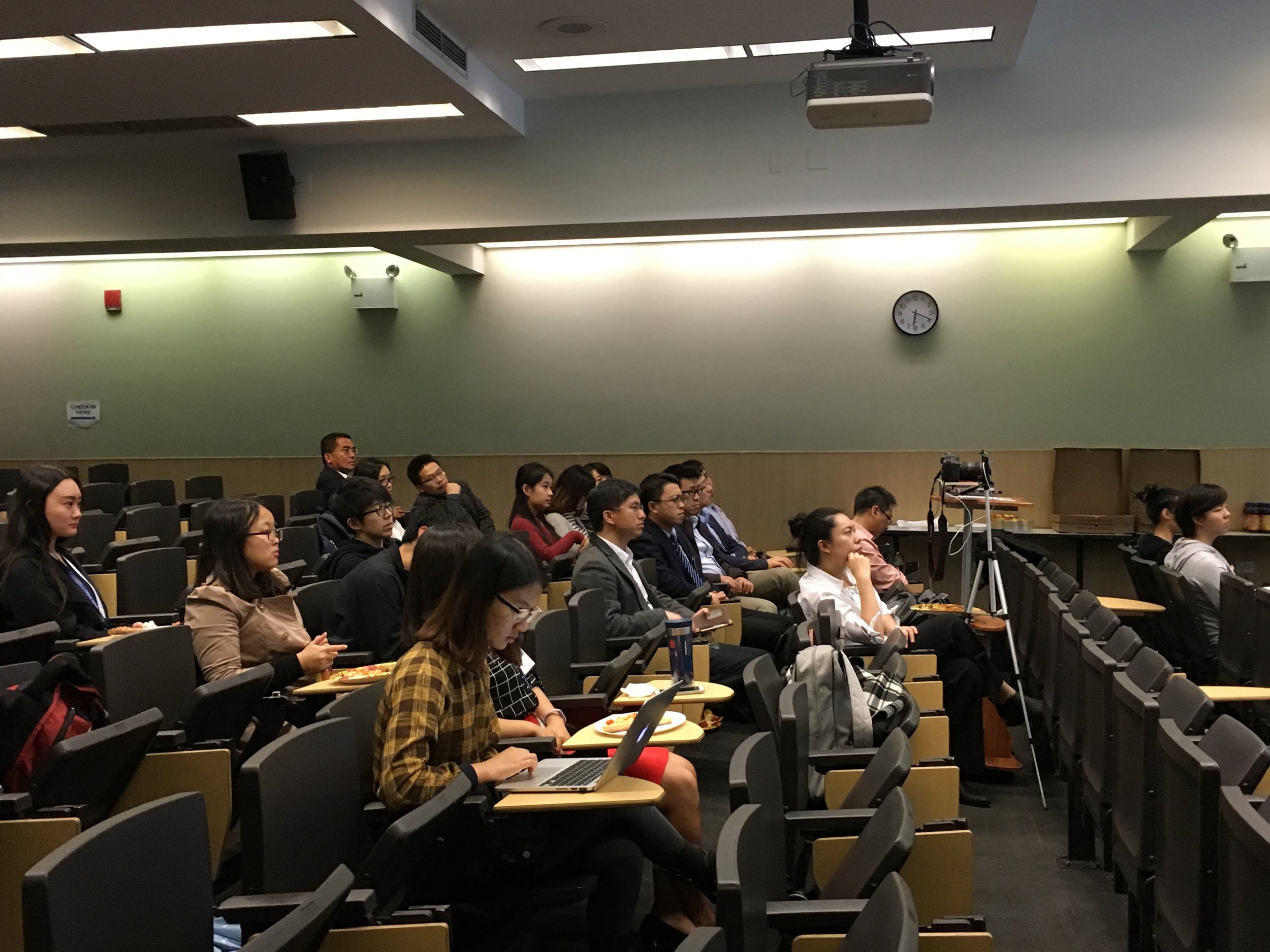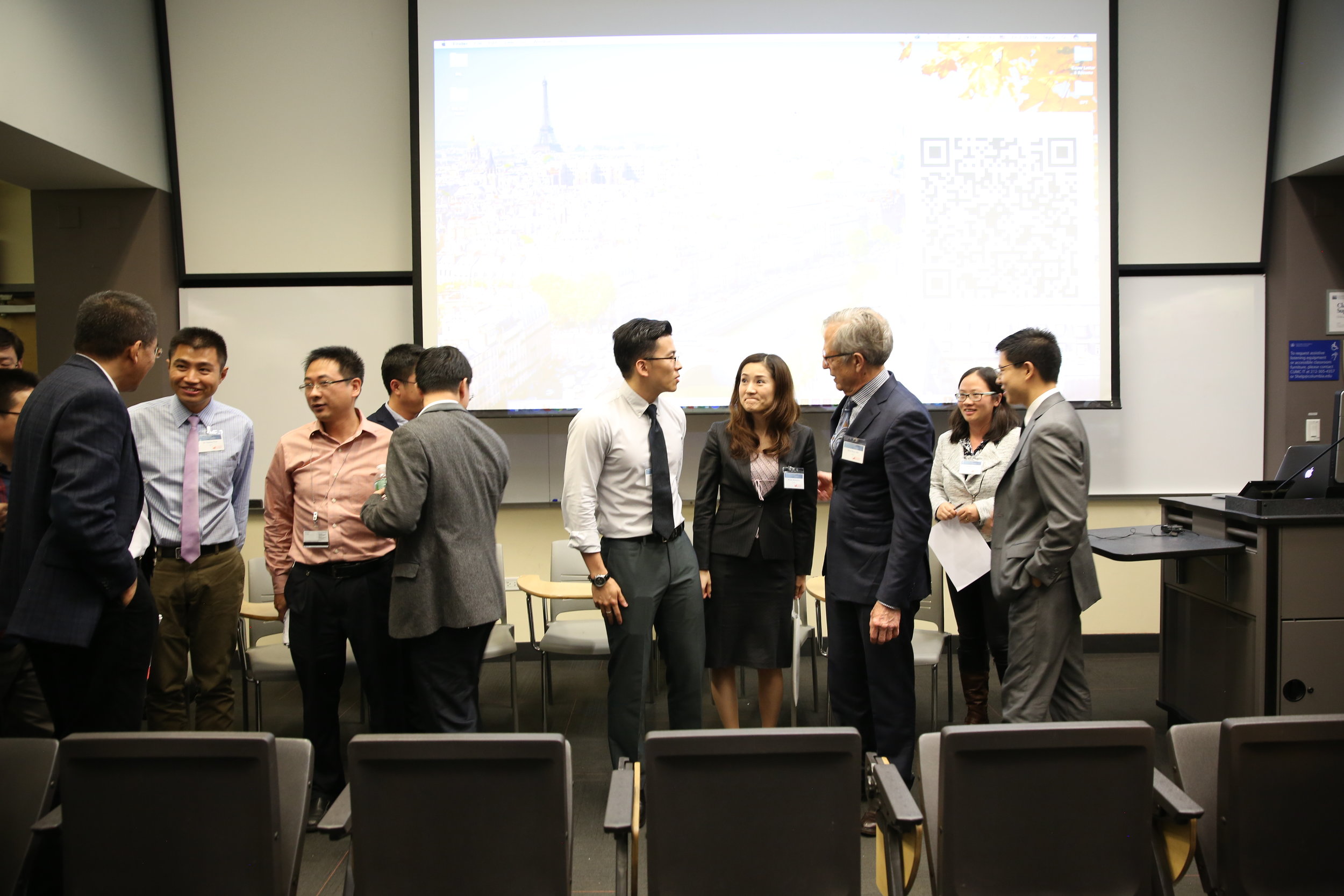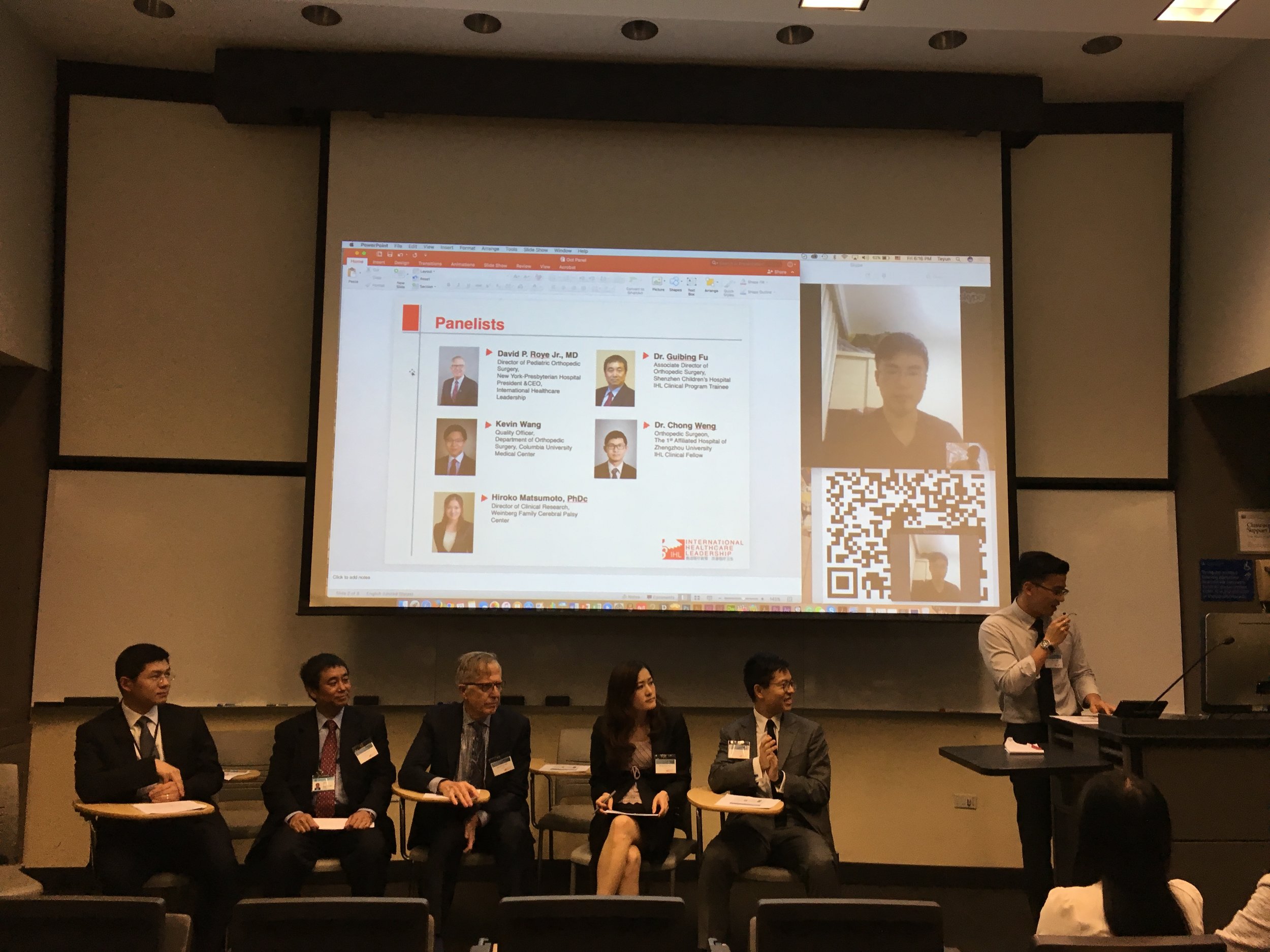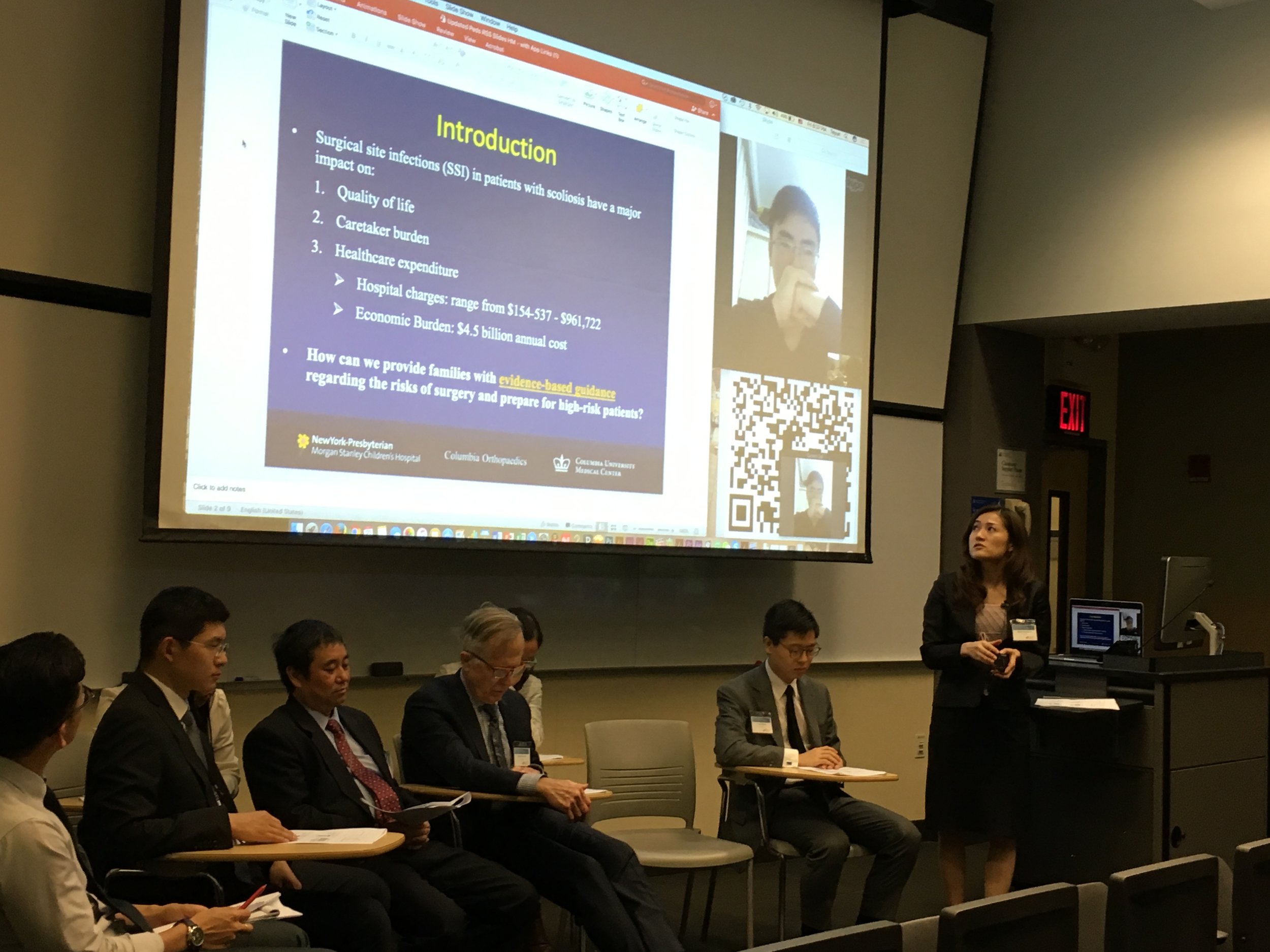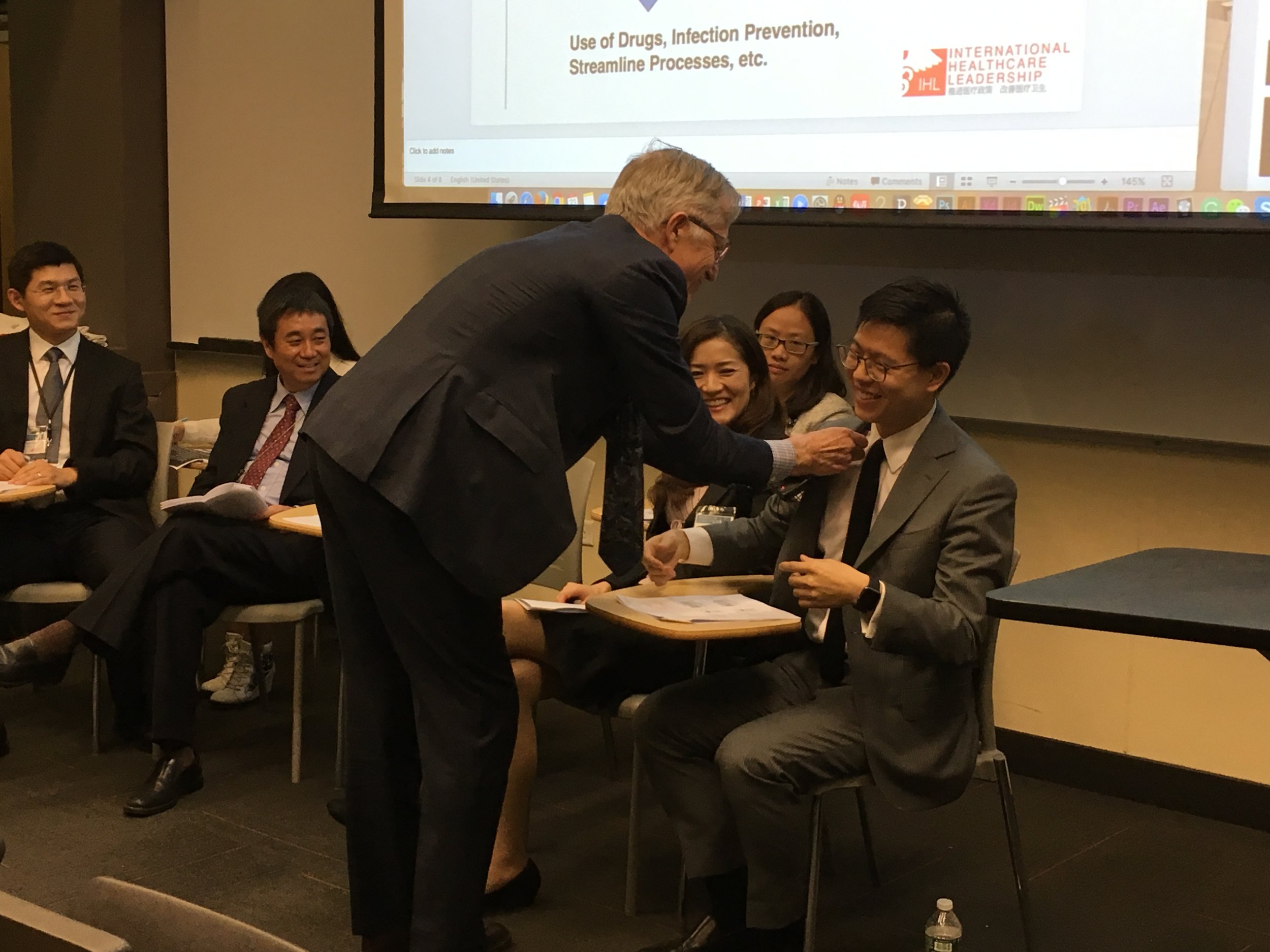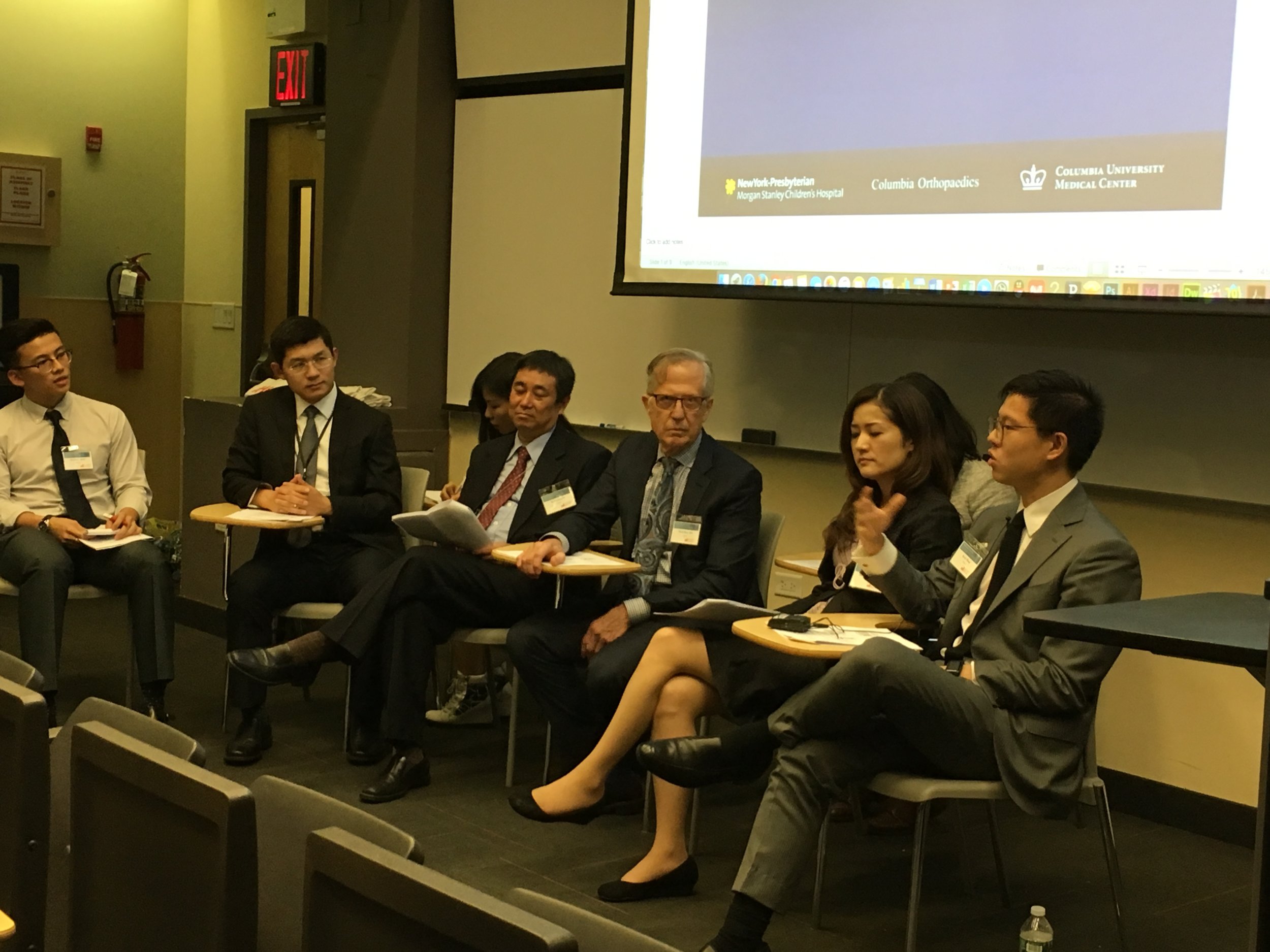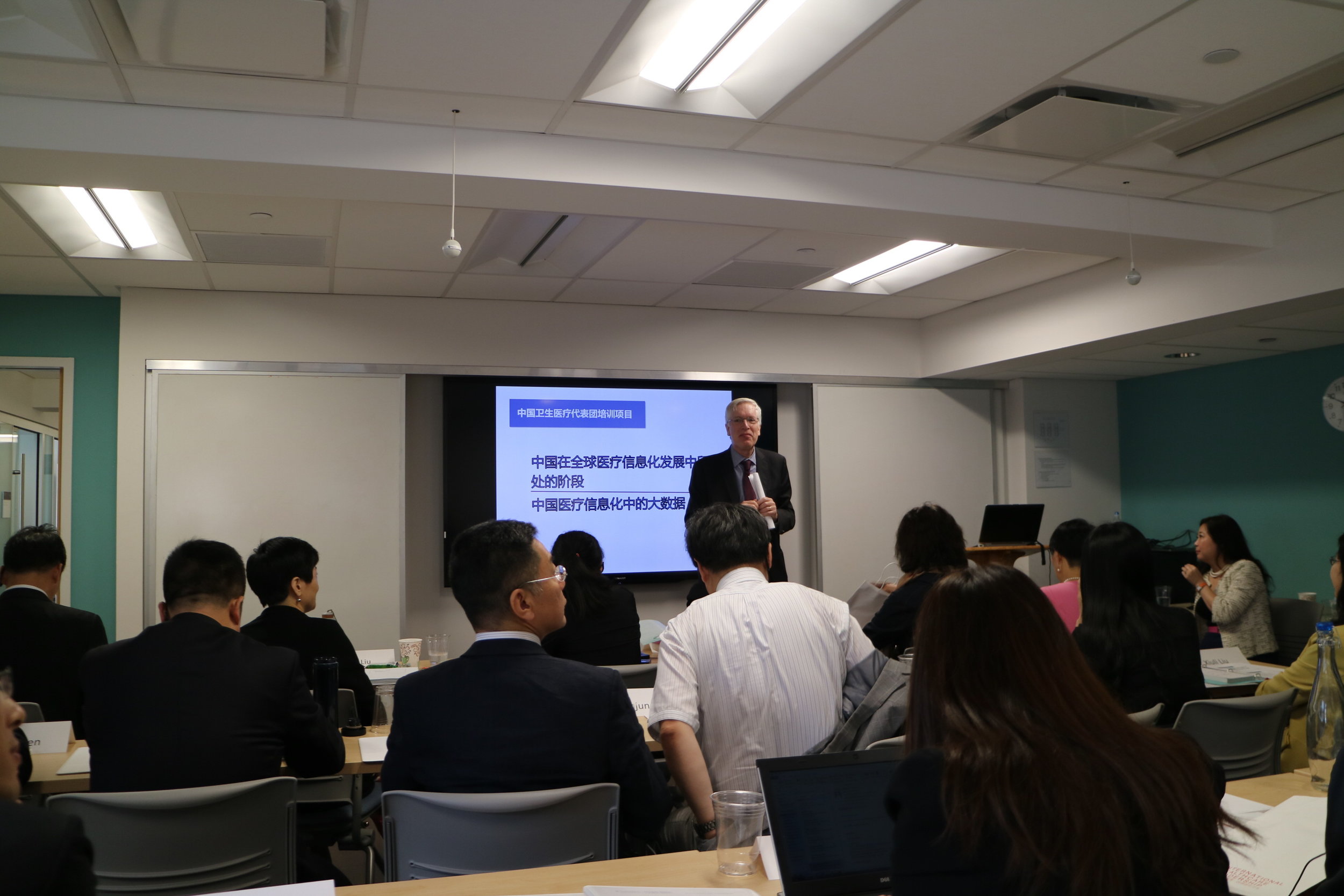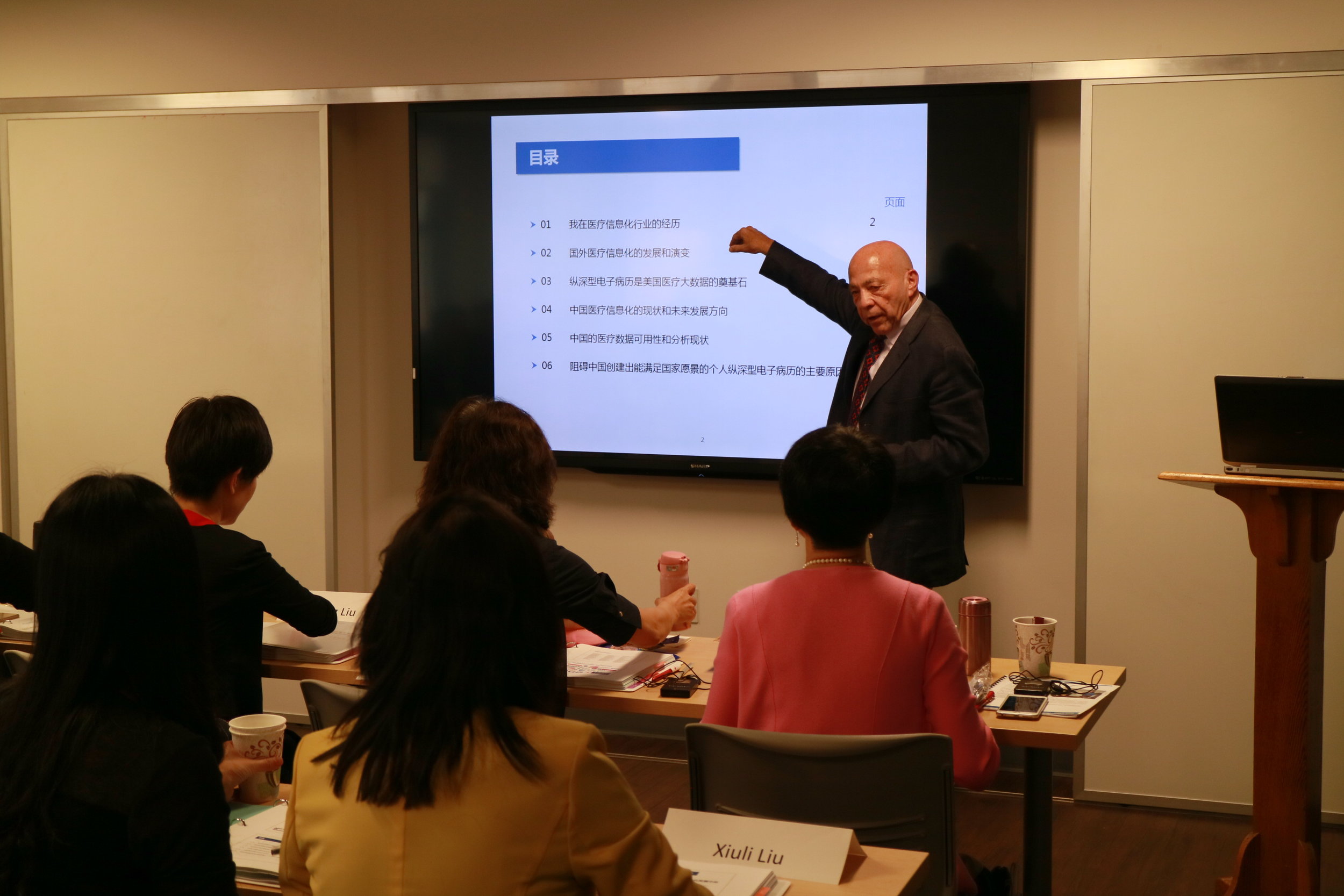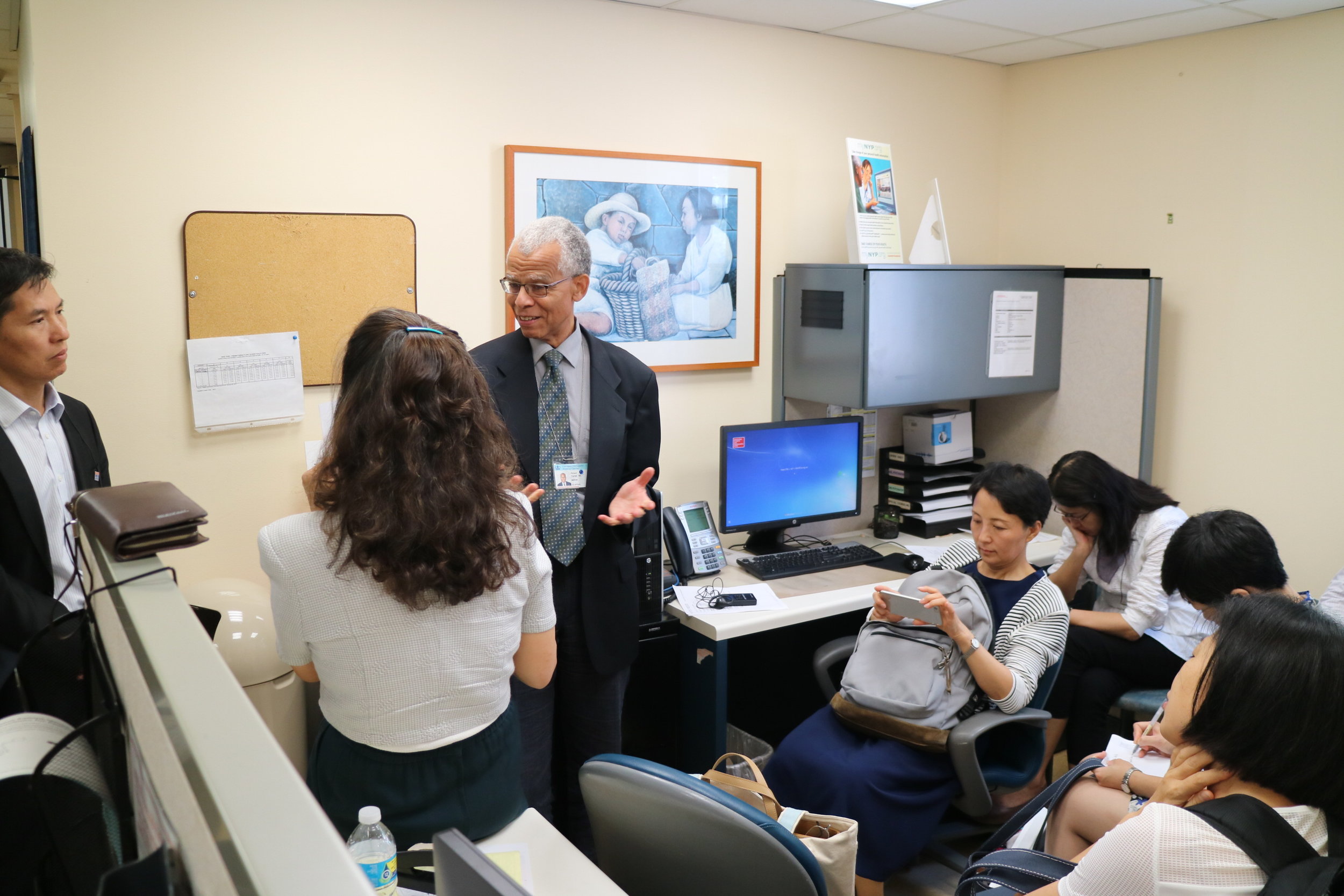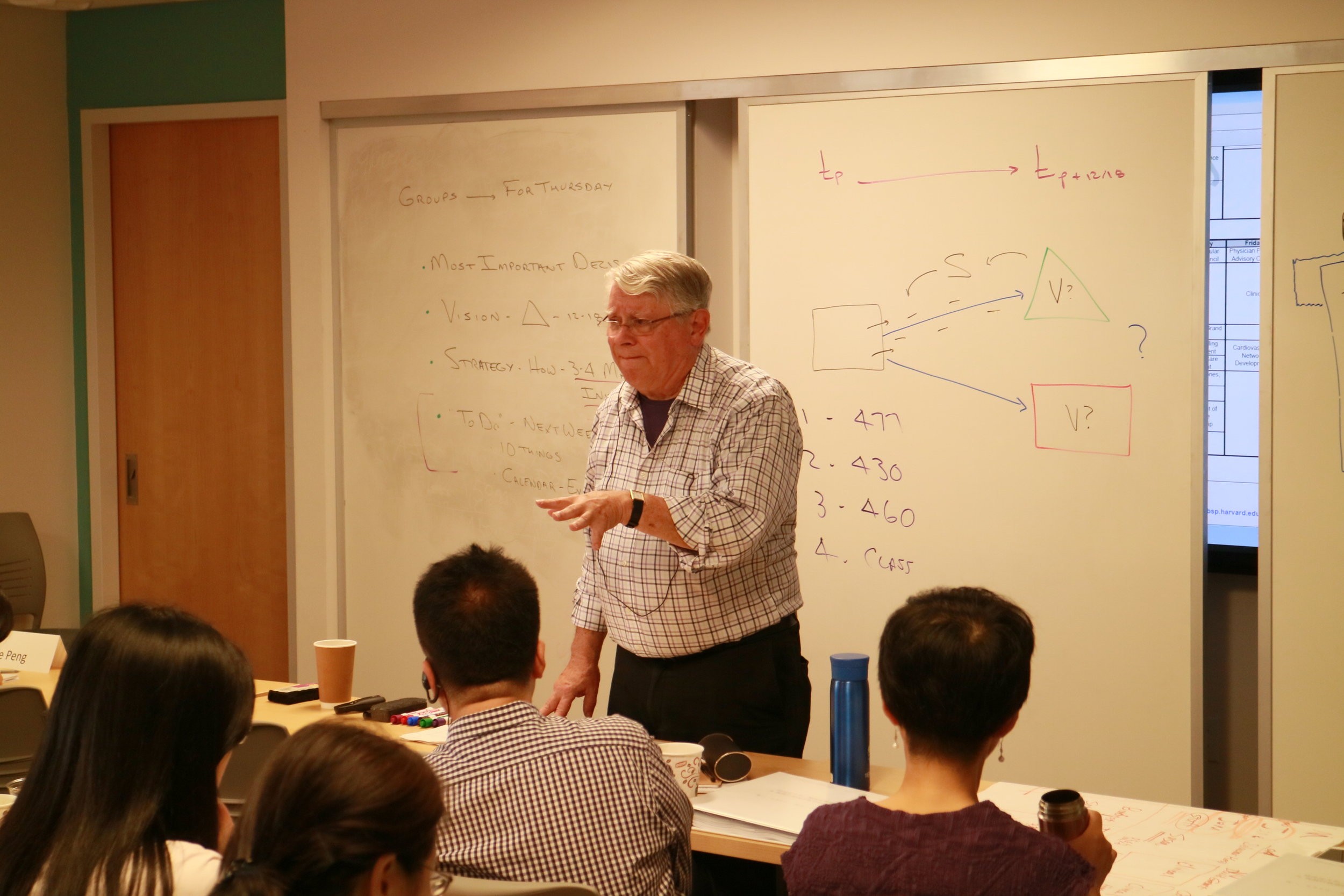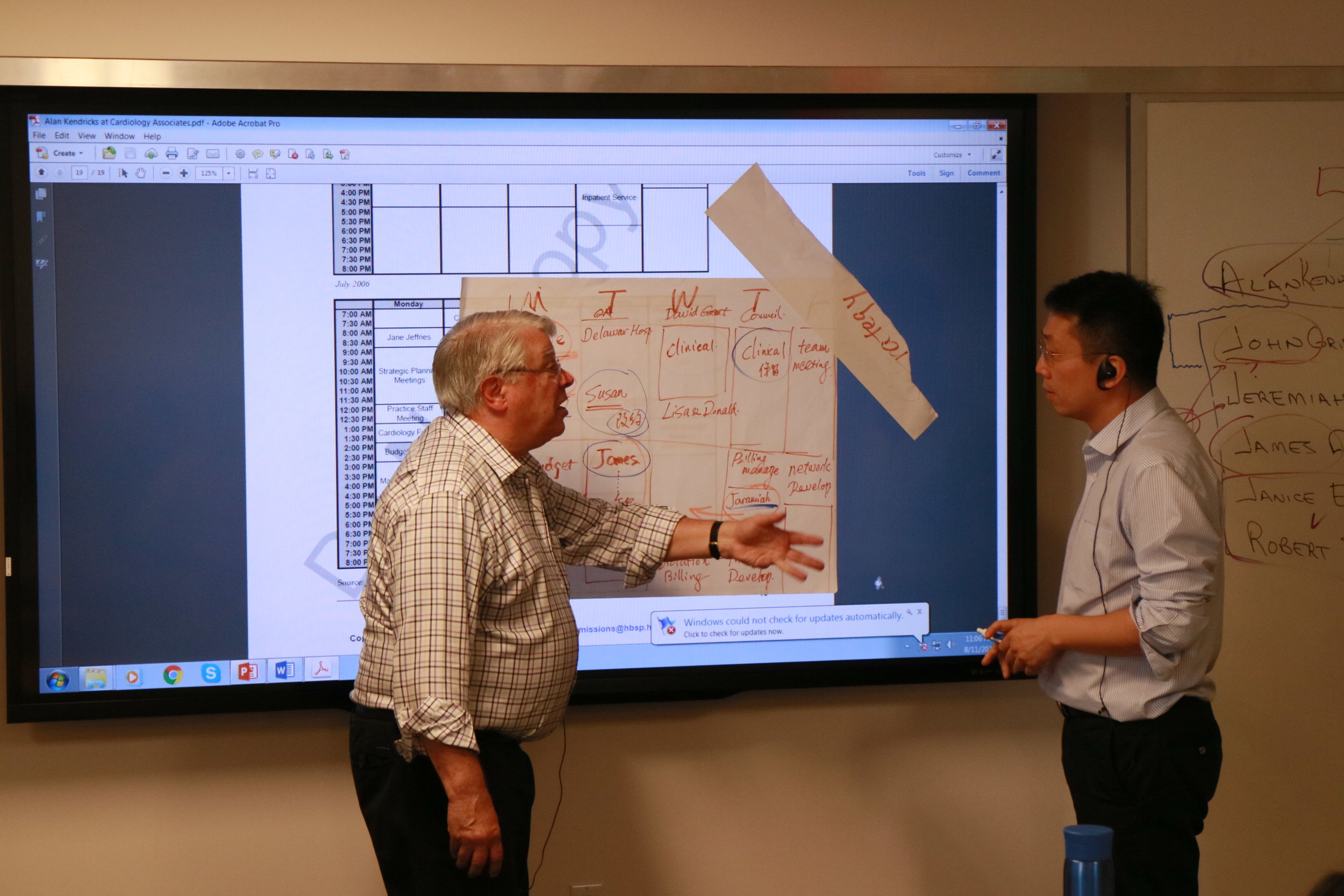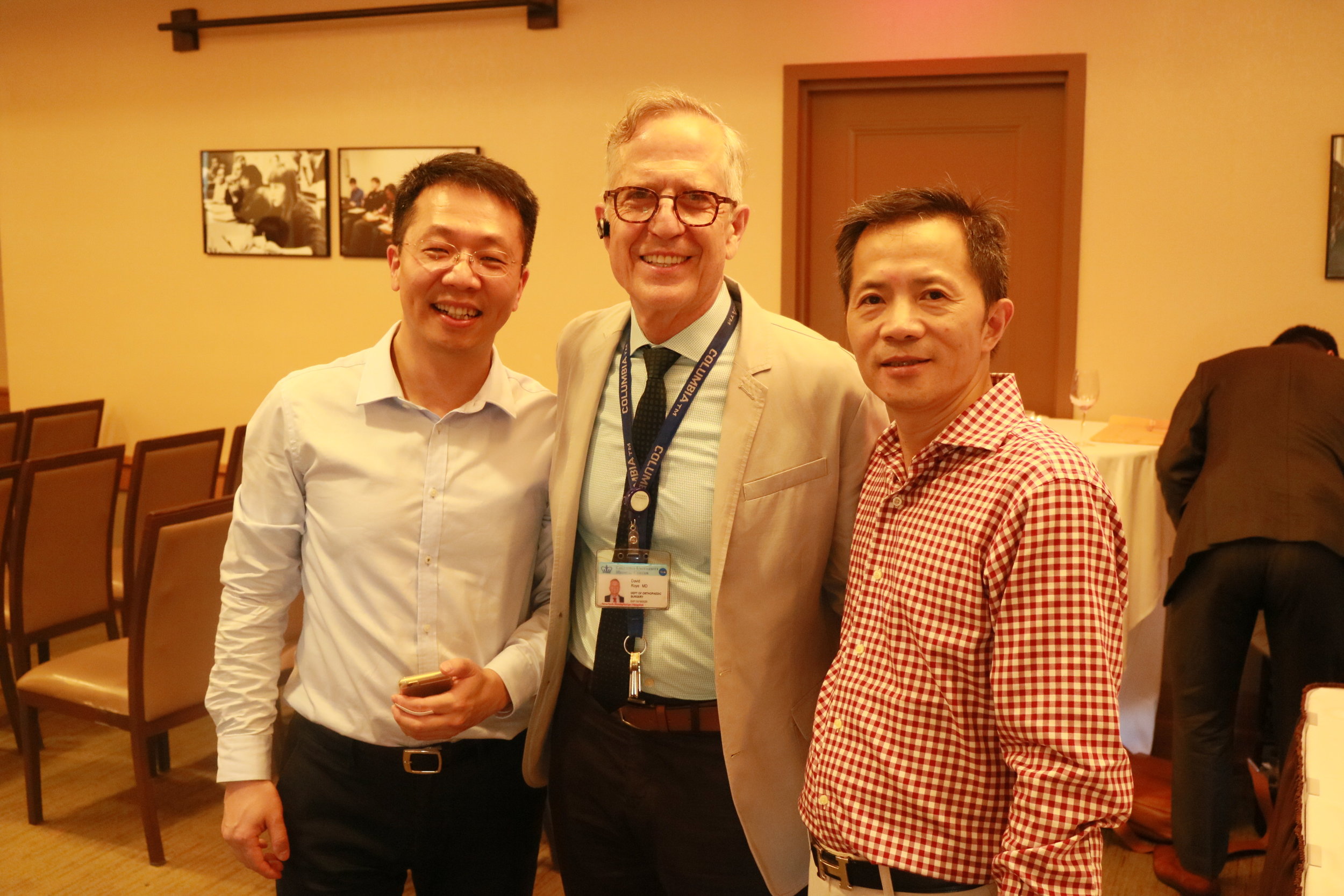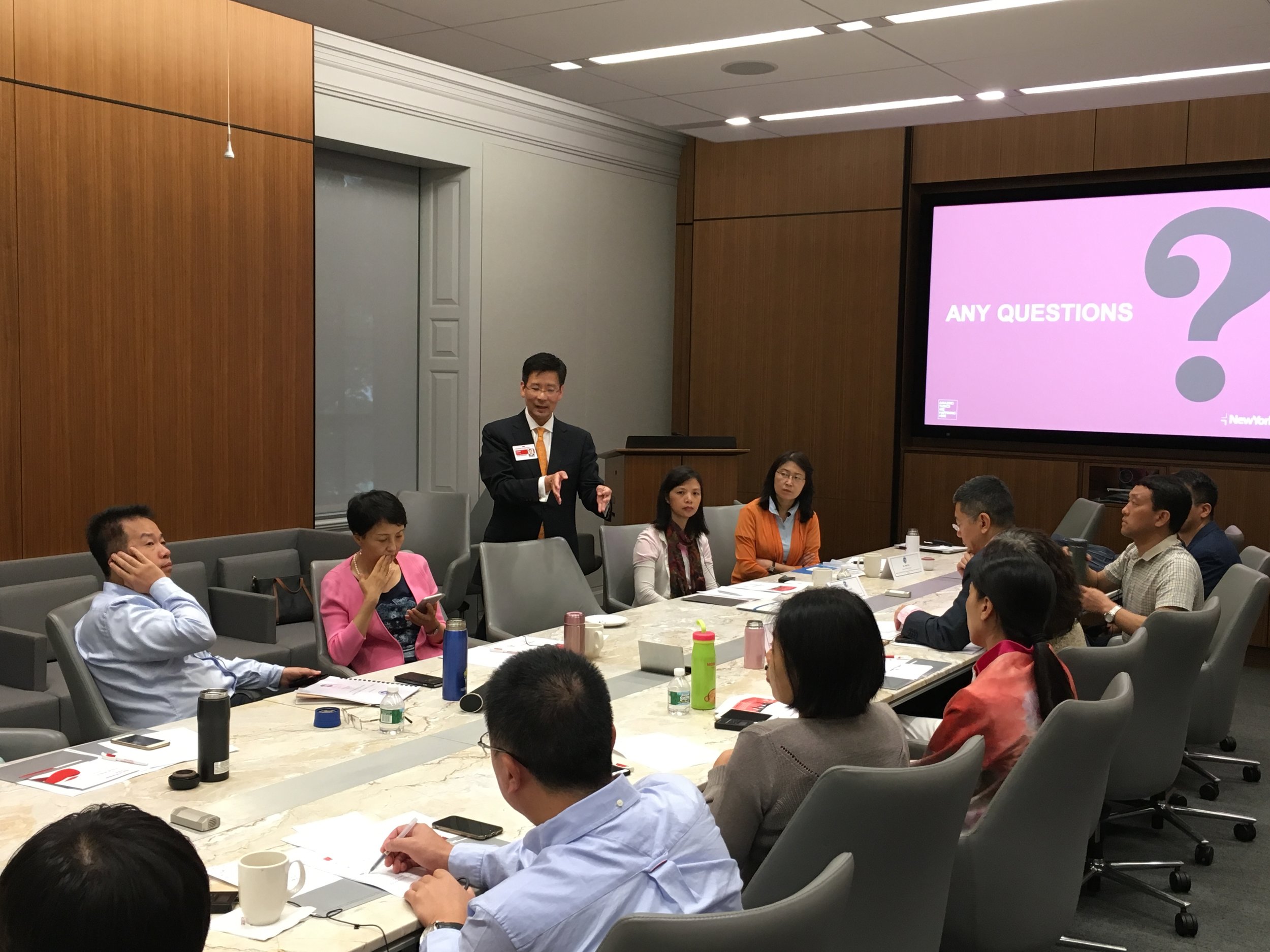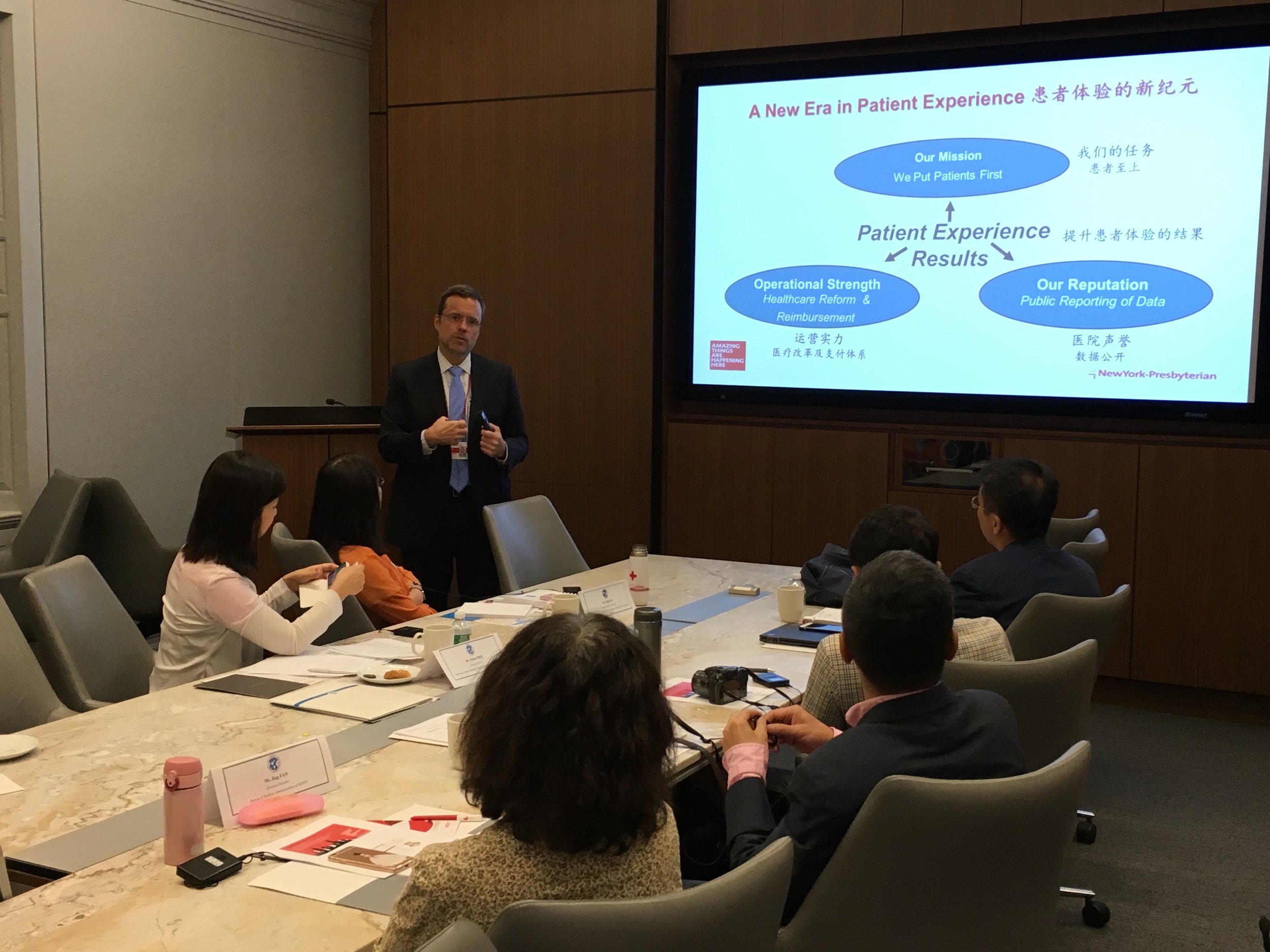Increase Vaccine Quality, Decrease Quarantine Times are Key to China’s Opening Up
Two years ago, the alarm bell rung loud and clear when the World Health Organization declared COVID-19 as a pandemic. Since then, we stepped into a transformative era with disruptions to business, education, economy and travel as the world grapple with an ever-evolving new normal.
Two years on, and as Shanghai steps into a snap lockdown with a record 3000+ COVID cases in the city of 26 million (albeit a tiny number for its population and compared to many western cities and countries), we share a conversation with two physicians on different sides of the world on their perspectives living with this virus.
IHL Founder Dr. David Roye, left Columbia University in New York City in February 2020 for his retirement in China just as the country began its first wave of COVID measures. At that time, on the cusp of the pandemic Dr. Roye spoke with experts around the world on how we can work together to tackle this pandemic. Today, we invite back one of those experts, Dr. Davidson Hamer, Professor of Global Health and Medicine at the Boston University School of Public Health and School of Medicine, and board-certified specialist in infectious diseases. Dr. Hamer has published papers on the management and control of COVID-19 in designated populations. Currently living in Switzerland, Dr. Hamer together with Dr. Roye share their experience and unique perspectives on how strategies across the globe might shift and converge, and what might be the path for China to coexist with the virus.
The Outlook for China
We begin with the burning question of how can China, a country with 1.3 billion people go forward to create a safe environment, while allowing the virus to propagate and coexist with the population? Dr. Hamer remarks that when China decides to do something on a massive scale for public intervention, they are often very successful.
However, Dr. Hamer believes China cannot keep its borders closed forever, and an alternative strategy is necessary with the main aims to keep cases down and protect the vulnerable. We can adopt a strategy to keep under COVID control but not try to aim for zero cases. While vaccines cannot stop the spread of the virus, it can prevent hospitalizations and reduce mortality. Both can prevent the healthcare system from being overwhelmed on a large scale. The key is to not overburden healthcare systems in the rural communities where the most vulnerable populations live, and the systems are weakest.
We should aim to keep the mortality low, but not zero. Dr. Hamer remembers the burden on the hospitals in large cities like New York in 2020 where overcrowded hospitalizations and high death rates placed a heavy burden on the healthcare system. During the recent Omicron spikes in the US, the low hospitalization and mortality rates have been a huge relief to these systems.
In these two years, we have witnessed some of the most impressive achievements in the history of science and medical research and Dr. Hamer believes we now have many more tools and strategies to tackle this virus.
Vaccine is a Key Tool
Dr. Hamer points out that it is not possible to completely contain the virus but if we control it and minimize the damage to the healthcare system and treatment for the individual will not suffer.
Vaccine rates across the elderly population across the board are low, this is true even in western countries. In China, this is population is particularly vulnerable due to the lesser developed rural healthcare system where this population mainly resides.
Widespread vaccination with effective vaccine particularly in rural areas is key. Not all vaccines are the same and the quality of the vaccine is very important. In China, SinoVac is one of the major ones used in China, but Dr. Hamer believes a combination of vaccines may be the best option. His advice is to give the mNRA as a booster following the SinoVac. This will provide a strong combination as opposed to giving a booster of the same vaccine. Dr. Hamer says the Vector vaccines such as Astra Zeneca or Johnson & Johnson are effective and, their protection seems to last fairly well.
We are now entering an era with medications and intravenous monoclonal antibodies, and if given soon after diagnosis can significantly reduce the risk of hospitalization. Dr. Hamer points out that two oral drugs released, with Pfizer drug PAXLOVID looking significantly better than the Merck drug Molnupiravir. He says using these tools in combination with vaccination to prevent people from getting sick enough to be hospitalized, to reduce the impact on the healthcare system
In February 2022, China's FDA gave conditional approval for Pfizer’s COVID-19 drug PAXLOVID, making it the first oral pill specifically developed to treat the disease cleared in the country.
Monitoring and Surveillance is Still Key
Heavy testing, monitoring and surveillance have been key tools in China’s Zero COVID strategy. While these methods have been criticized by many in the west, it has been highly successful in keeping infection and death rates close to zero.
As an American, a western trained physician and a self-professed public-health addict, Dr. Roye believes these measures, often described as “invasionary” – are justified. Back in 2020 when he first arrived in China, he felt it was the safest place on earth. During that time, local neighborhoods were indeed locked down but the guards were just community workers who lived in that community. There were no guns, not police. He felt safe and protected.
During this current wave, public health measures in the community remain equally strong. Dr. Roye shared that just hours before our conversation, due to a few cases in Guangzhou where he lives, a community health worker came to his door and wanted to check his health status on his phone, and that he was indeed ok. Dr. Roye even shared a demonstration of the monitoring app with Dr. Hamer
Dr. Roye compares his to the poor levels of monitoring, surveillance, and tracing in the US, where more than a million deaths from COVID. He says it has been a political, public health, and cultural failure that US could not manage to work together to protect their population.
Dr. Roye hopes that by talking that people understand that differences exists amongst countries.
Dr. Hamer was impressed by Dr. Roye’s demonstration of the COVID monitoring app and agrees that if it is a public health intervention meant to keep people safe, then it is extremely helpful, but remarks that some people in Europe and the US may find it intrusive.
In fact, Dr. Hamer compared the strategy deployed by China to the plan by Boston University. The approaches are not dissimilar, only it was deployed in a microcosm of a much smaller scale at Boston University. Dr. Hamer was part of the team at Boston University to implement a multi-faceted approach to control COVID transmissions and re-open the campus during the early spikes in the east coast of the US. Using a combination strategy of testing, contact tracing, isolation, and quarantine Boston University was able to reopen much sooner than other universities.
Quarantine Can be Eased
One aspect of China’s current strategy which can be relaxed immediately is length of quarantine. Dr. Hamer believes the current 14 quarantine rule for travelers in more than necessary. In a recent study by Dr. Hamer’s team at Boston University, they found that quarantine with testing 1 day before intended release should be 10 days for nonstrict quarantine, and 8 days for strict quarantine.
Lessons Learnt
When asked what are some o fthe lessons learnt in the US which could be applied to China, Dr. Hamer pointed out that in contrast to China the US was slow in scaling up testing to make it a tool for control. One standout success is that the US has learnt to scale a vaccine unbelievably quickly compared to any disease in history, from identifying virus, sequencing, getting to a vaccine in less than 12 months is simply amazing.
References:
Assessment of a COVID-19 Control Plan on an Urban University Campus During a Second Wave of the Pandemic
Davidson H. Hamer, MD1,2,3,4; Laura F. White, PhD5; Helen E. Jenkins, PhD5; et al
https://jamanetwork.com/journals/jamanetworkopen/fullarticle/2781349
Association of COVID-19 Quarantine Duration and Postquarantine Transmission Risk in 4 University Cohorts
Andrew Bo Liu 1, Dan Davidi 2, Hannah Emily Landsberg 3, Maria Francesconi 4, Judy T Platt 3, Giang T Nguyen 4 5, Sehyo Yune 6, Anastasia Deckard 7, Jamie Puglin 8, Steven B Haase 9, Davidson H Hamer 10 11 12, Michael Springer 13
https://pubmed.ncbi.nlm.nih.gov/35212750/

